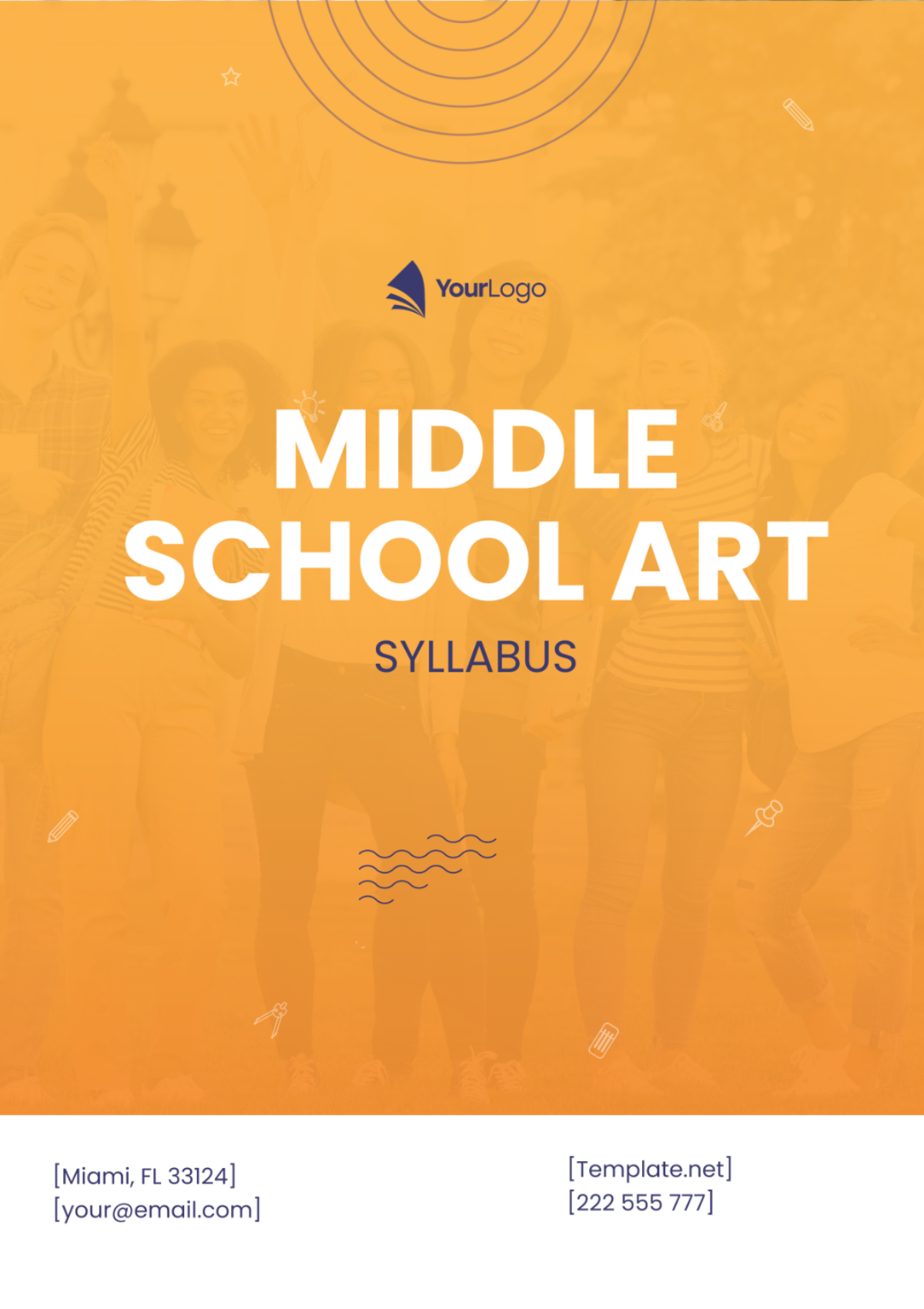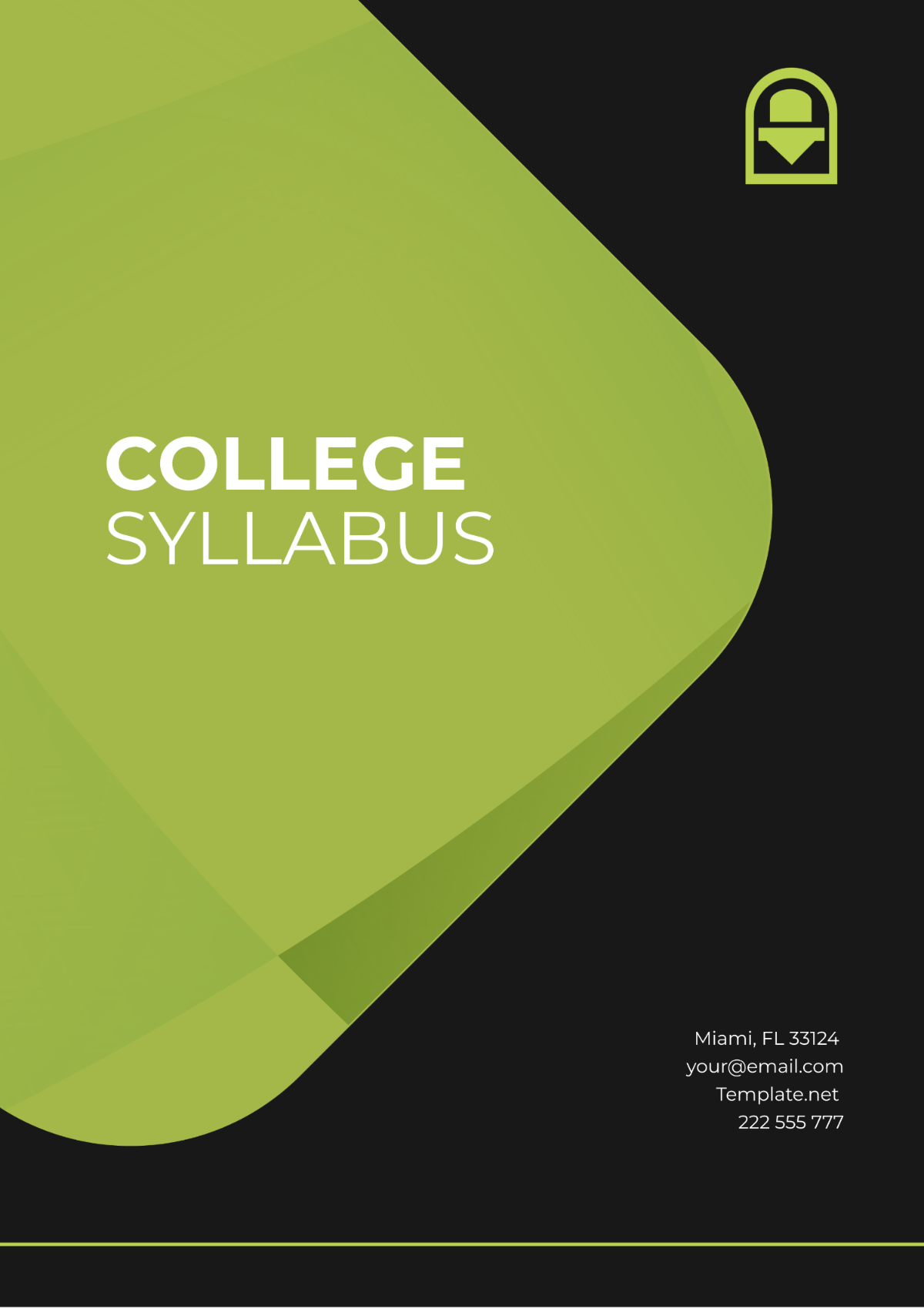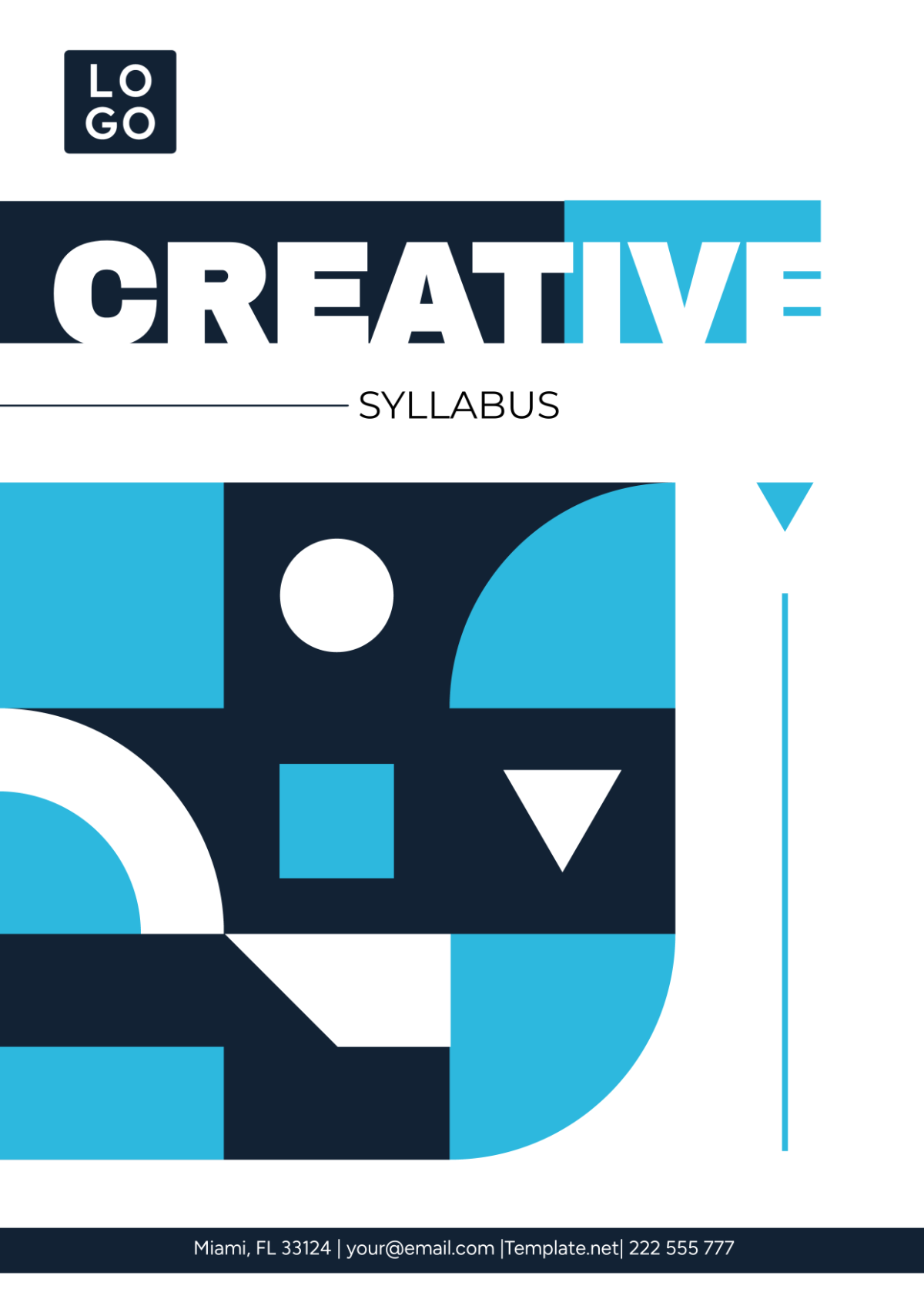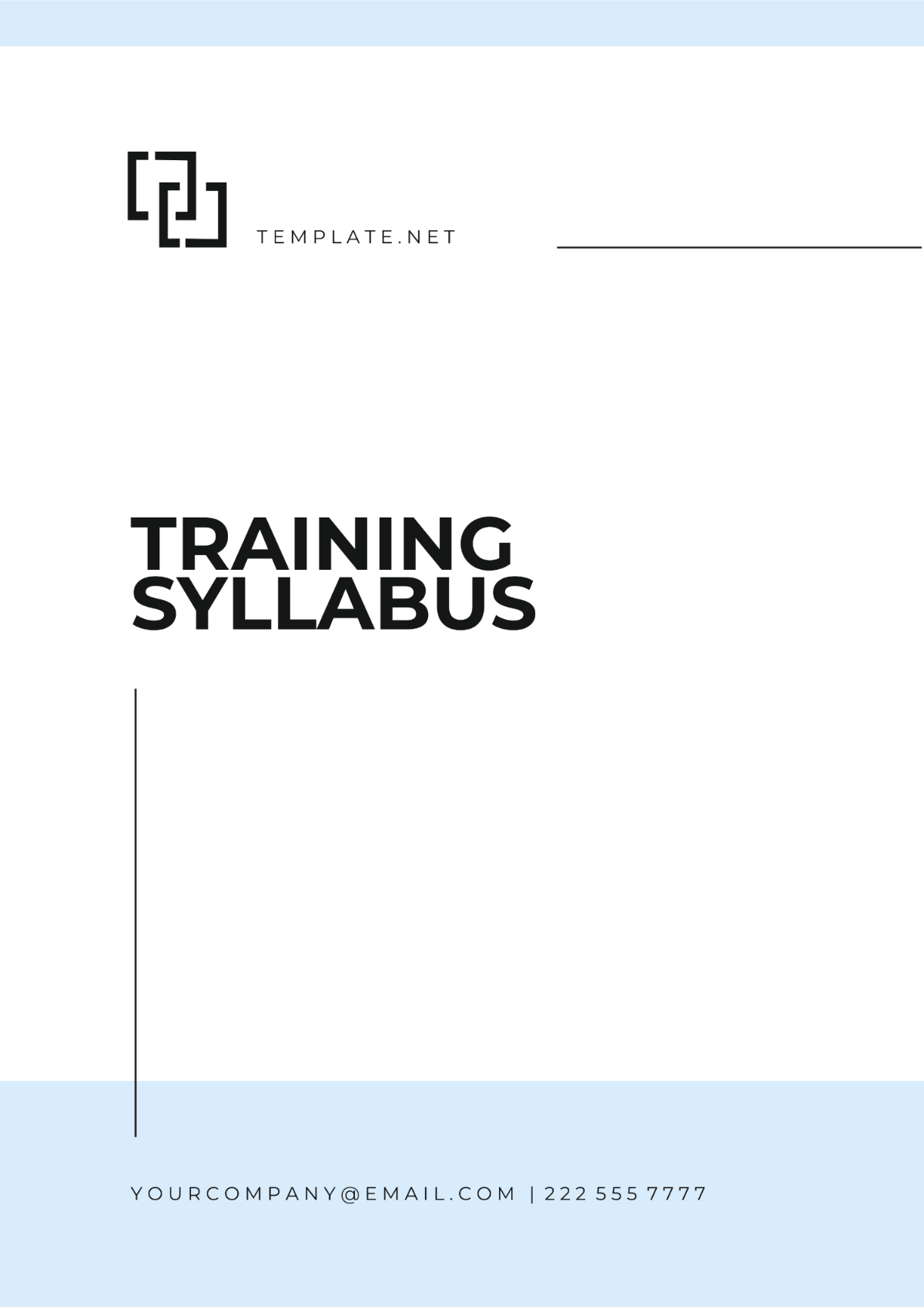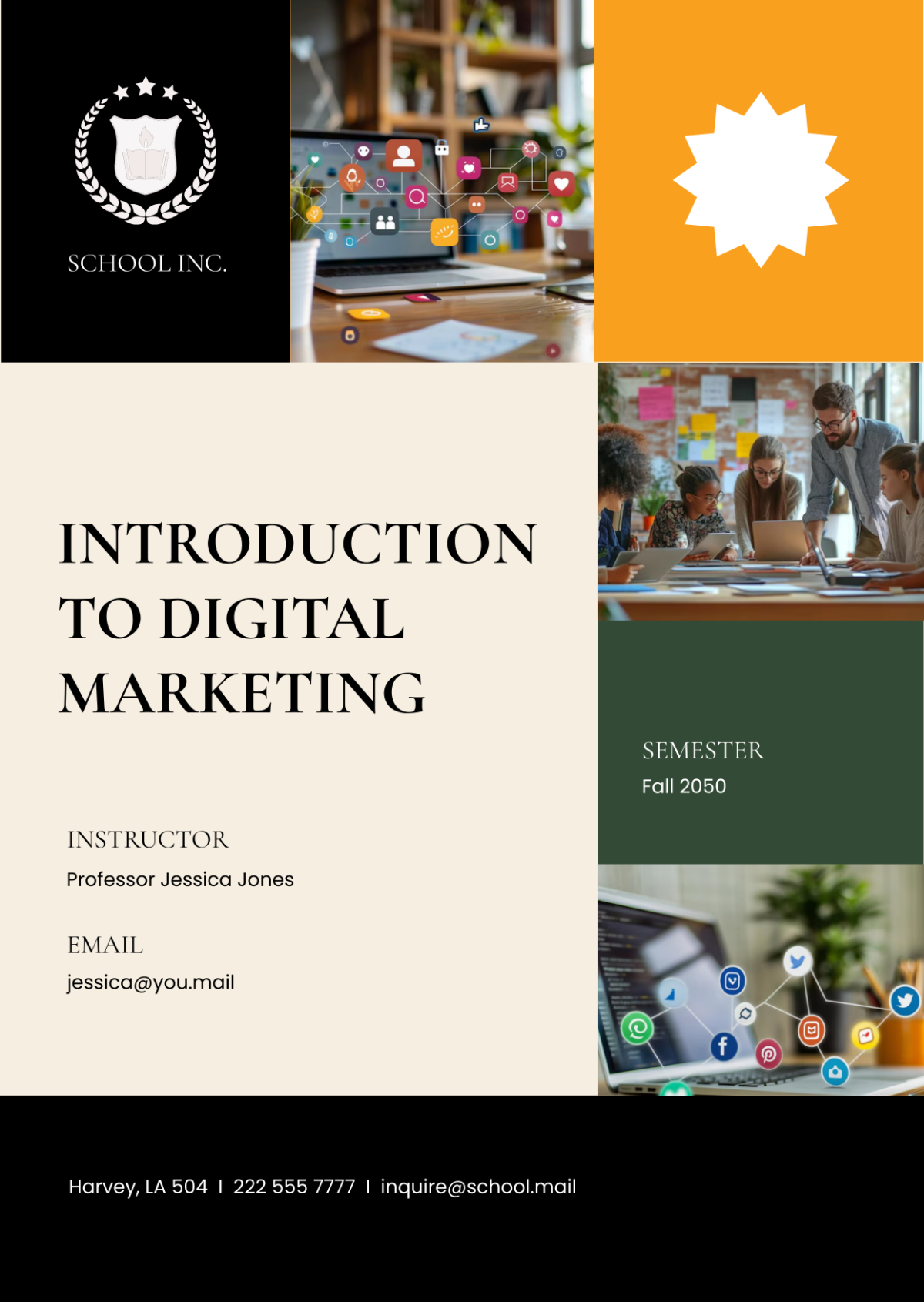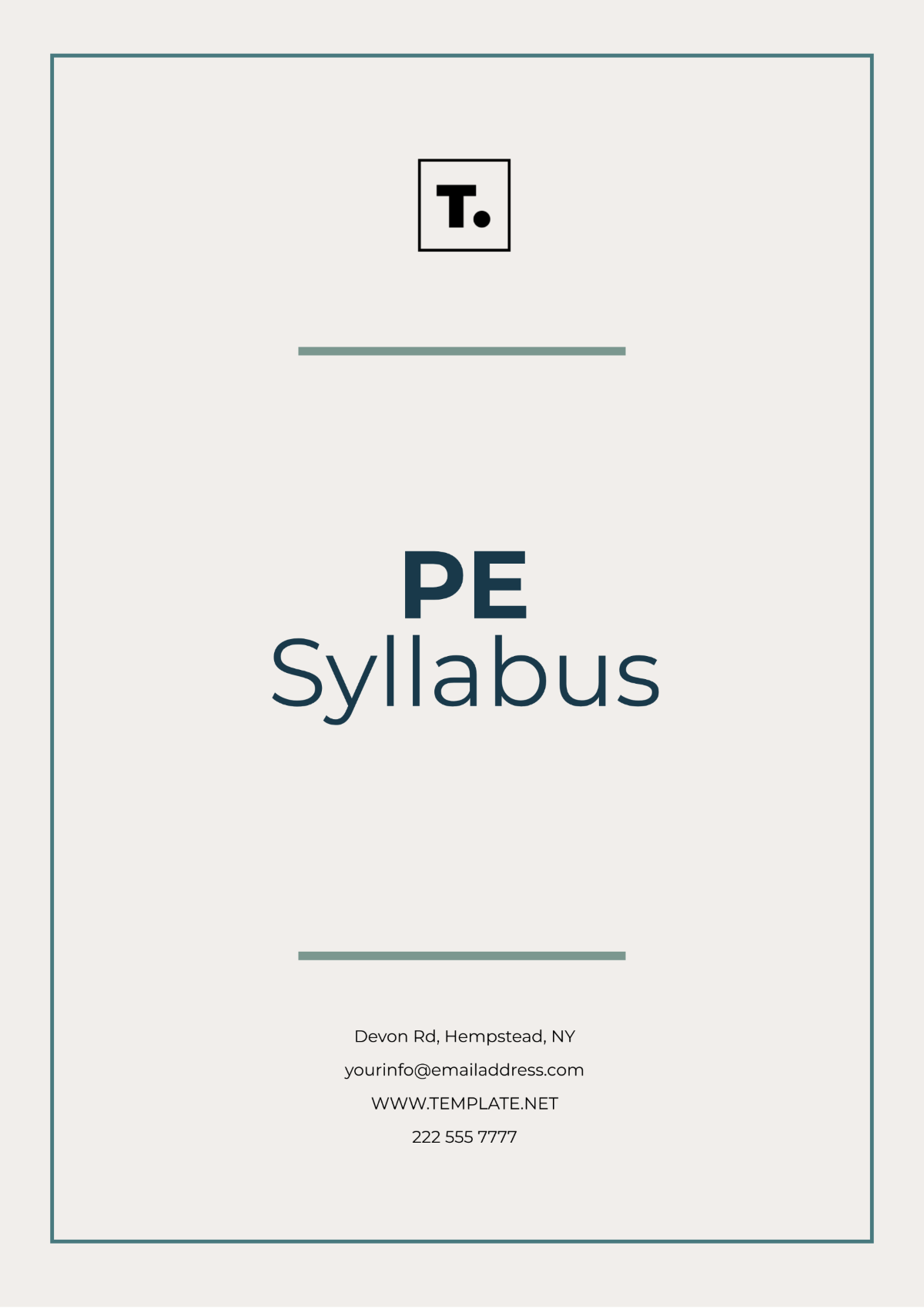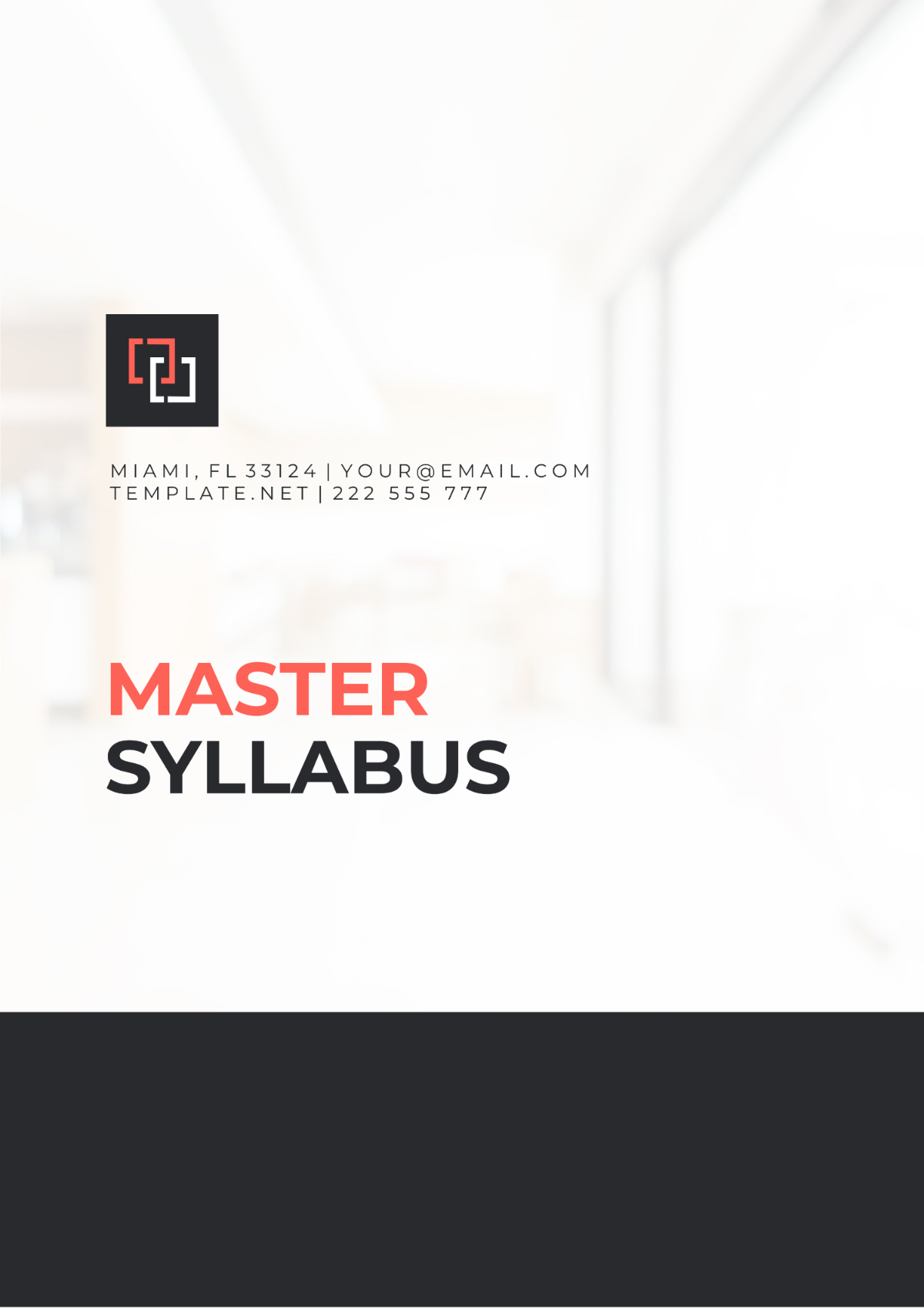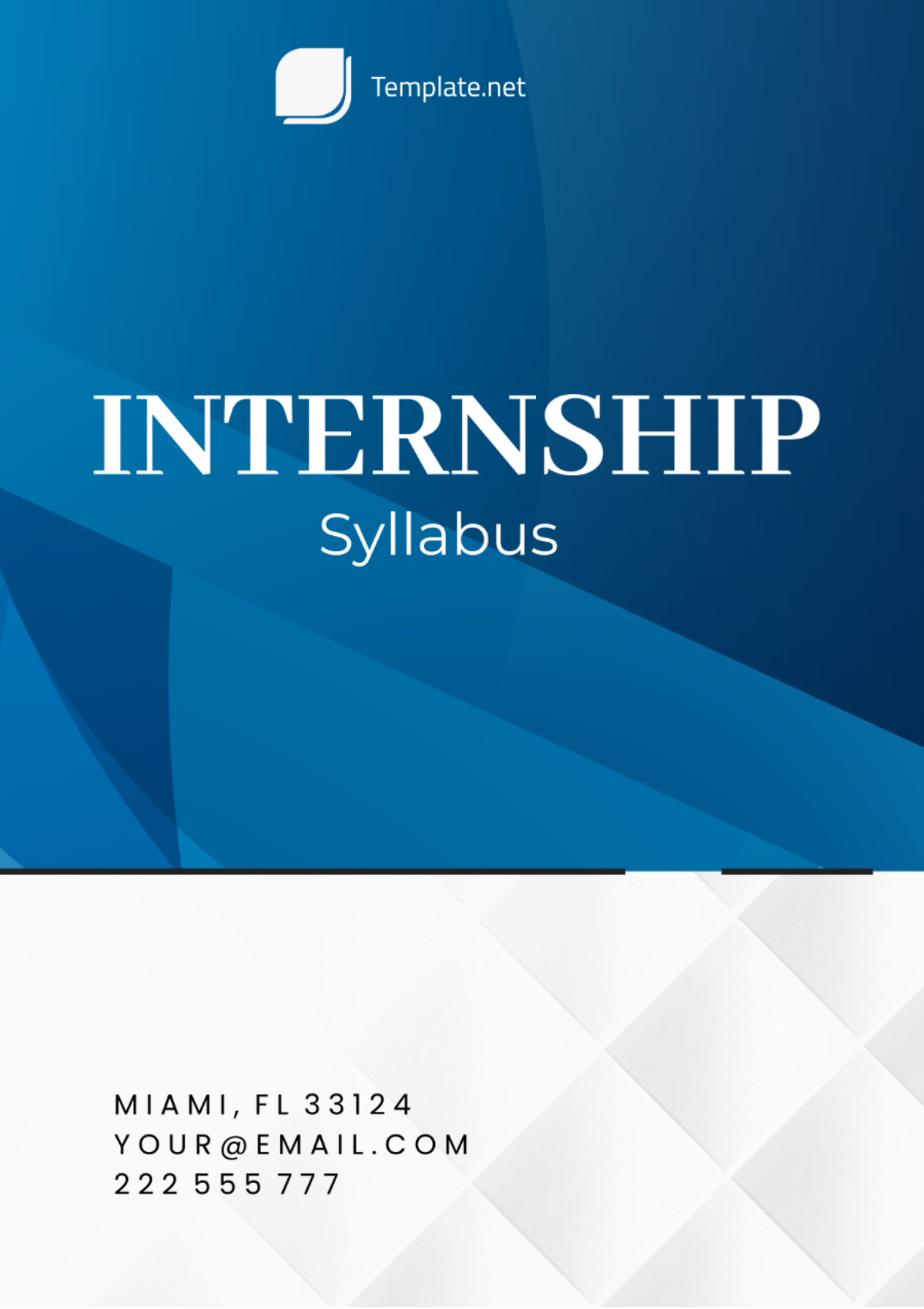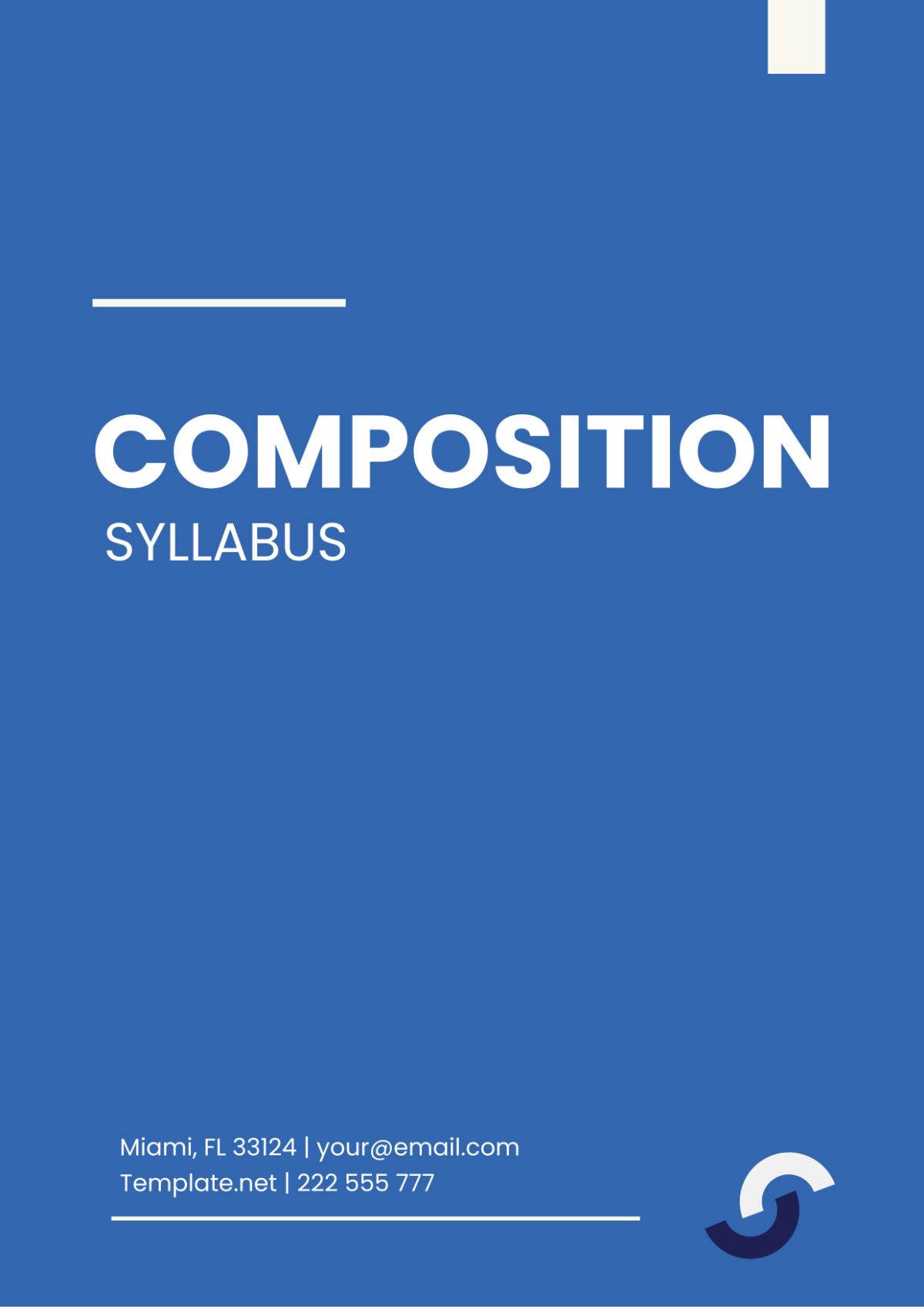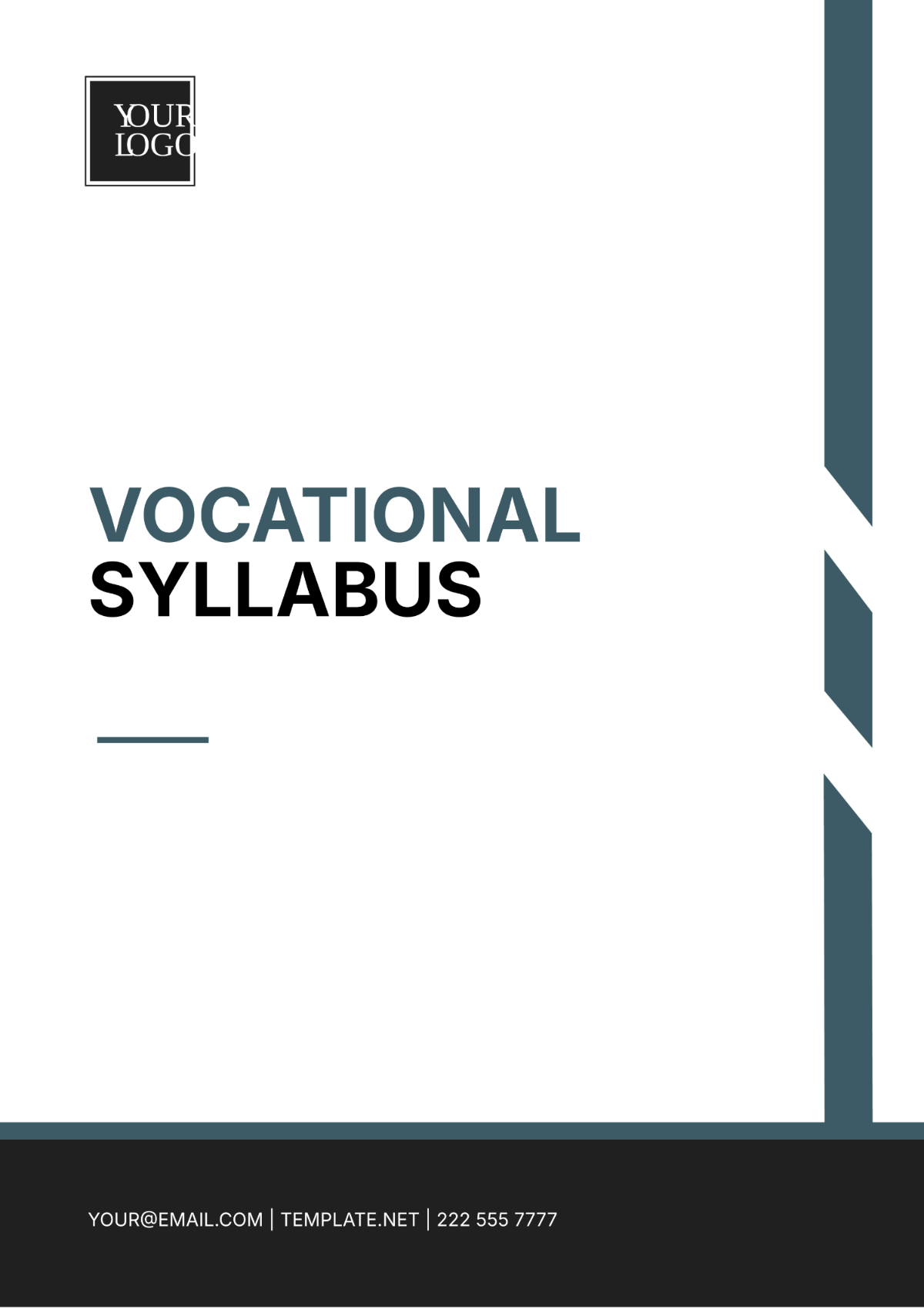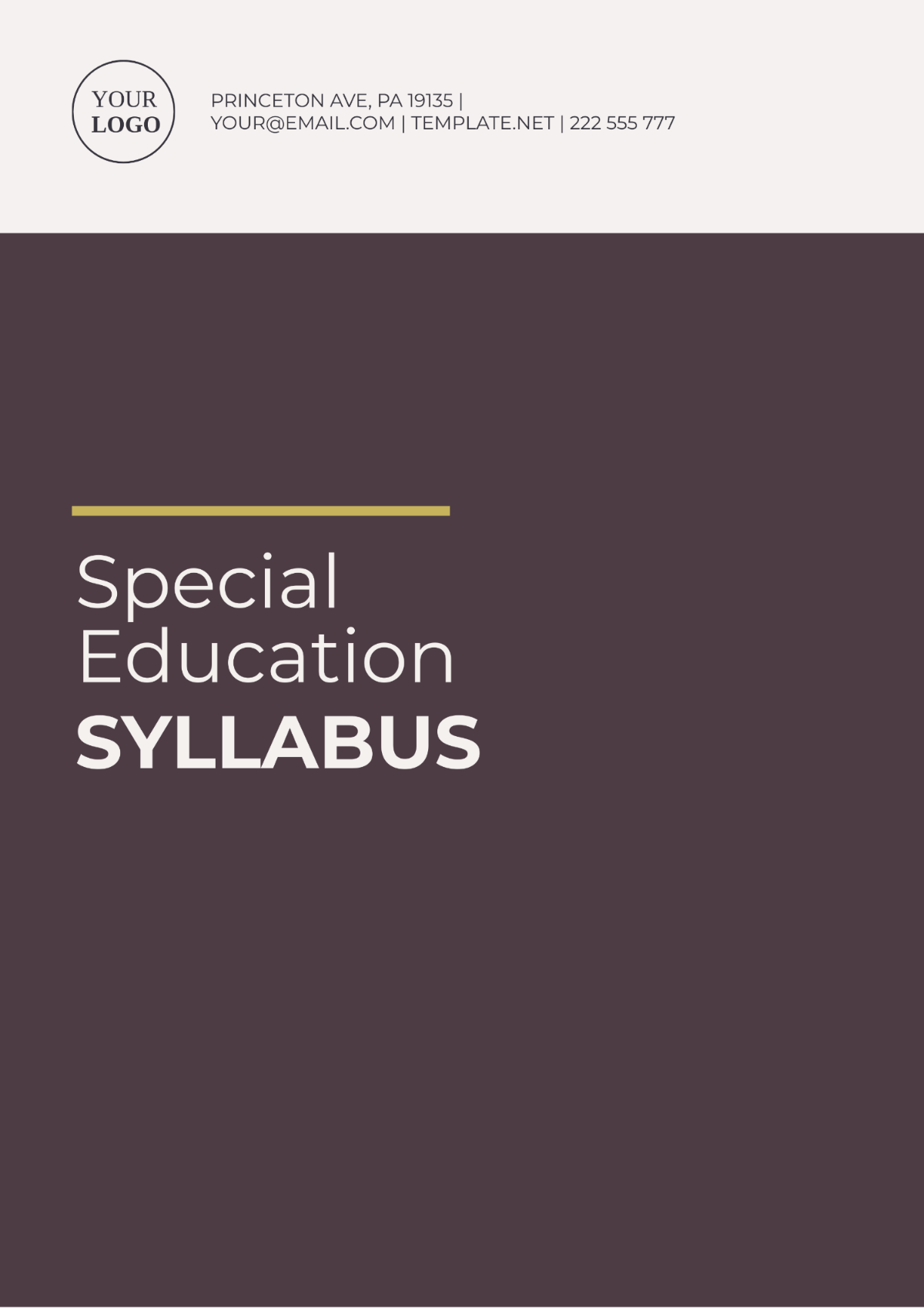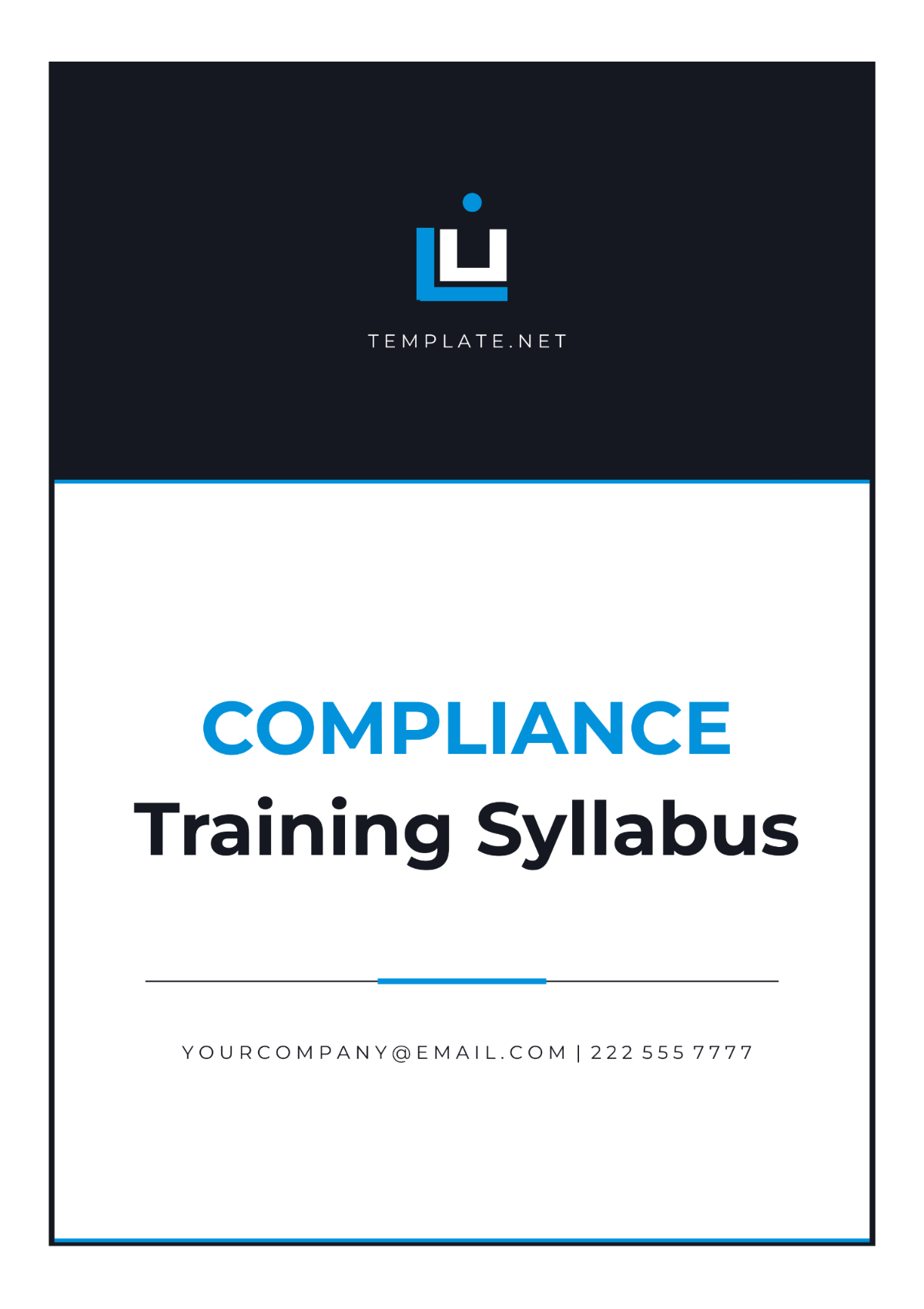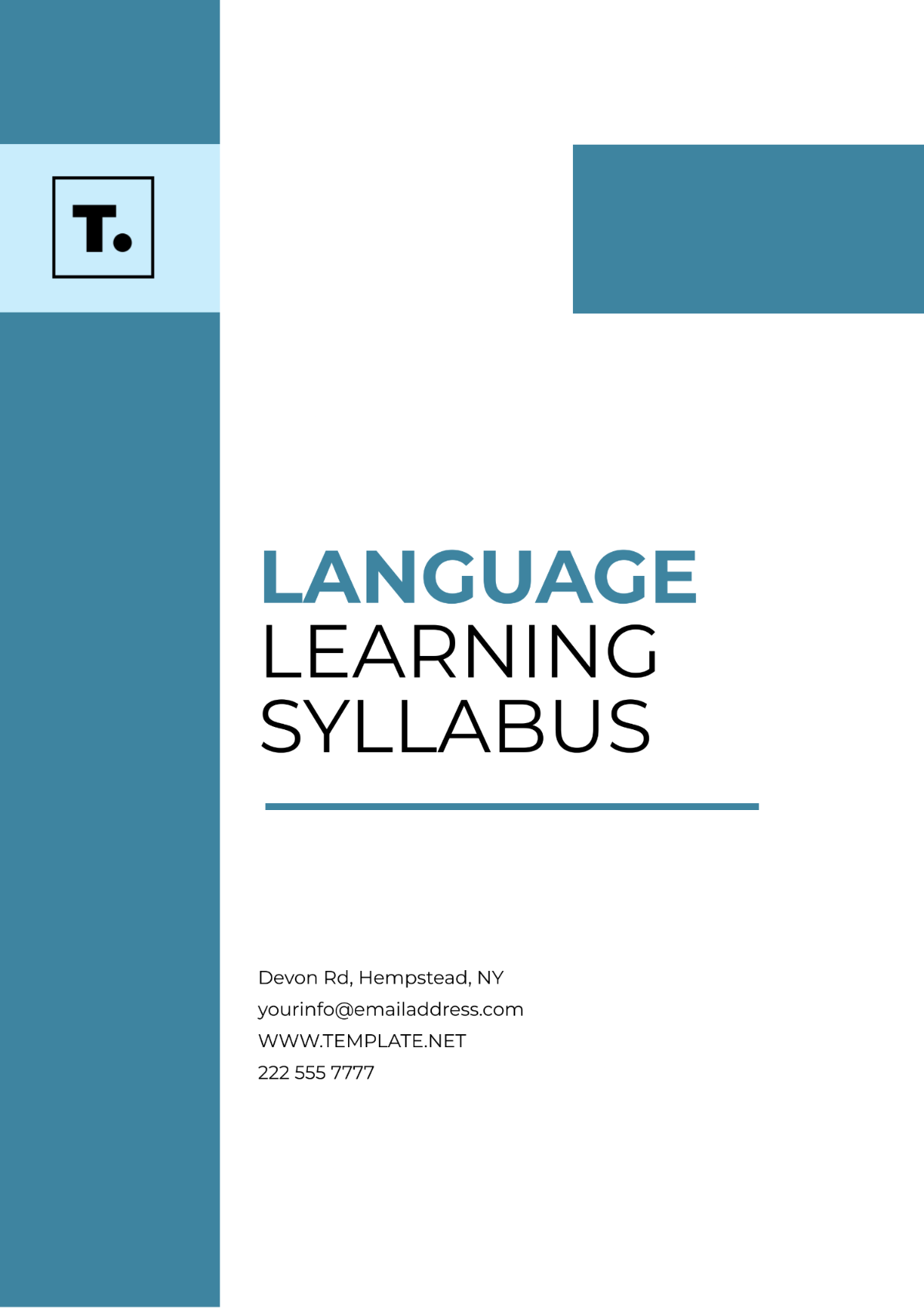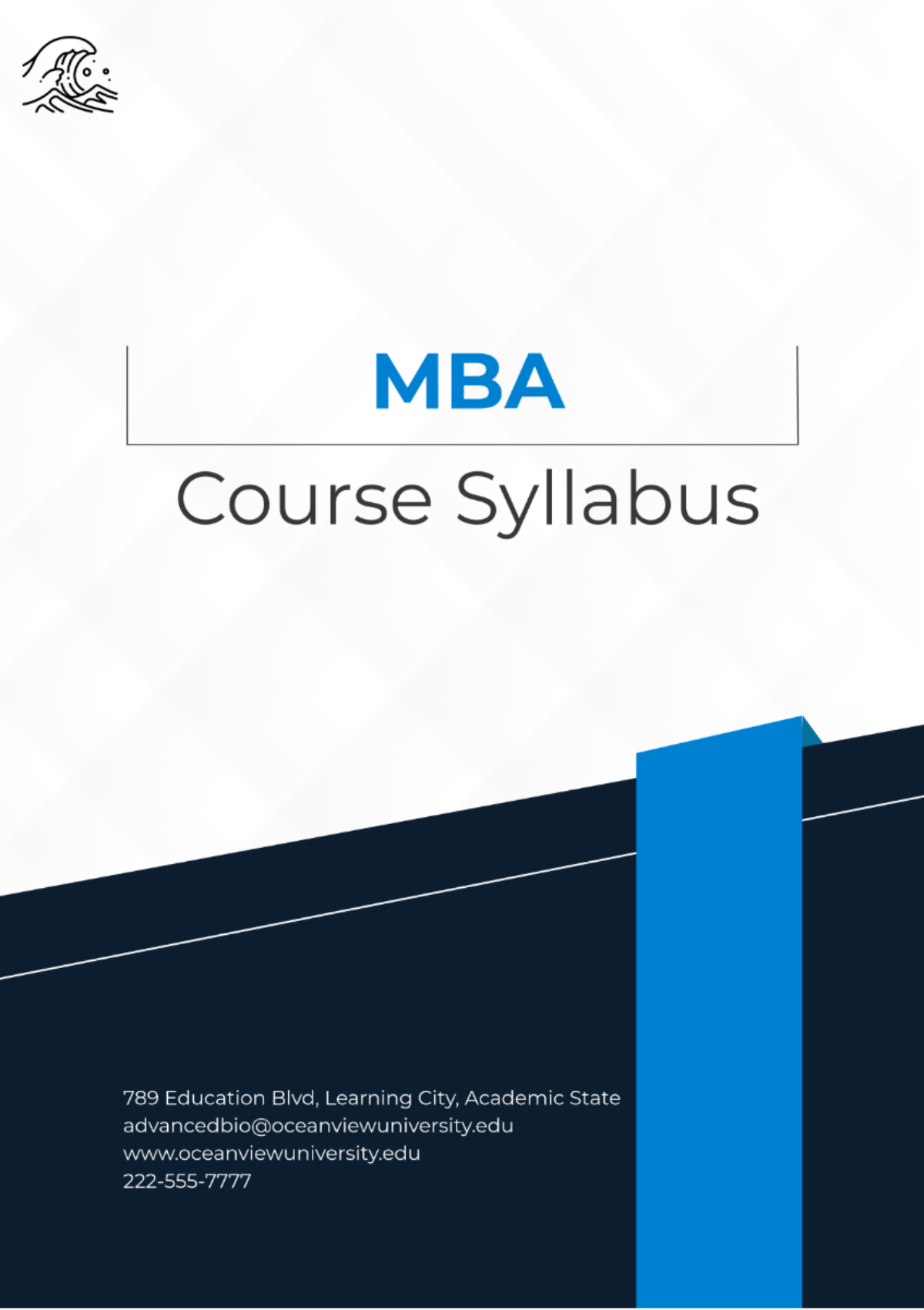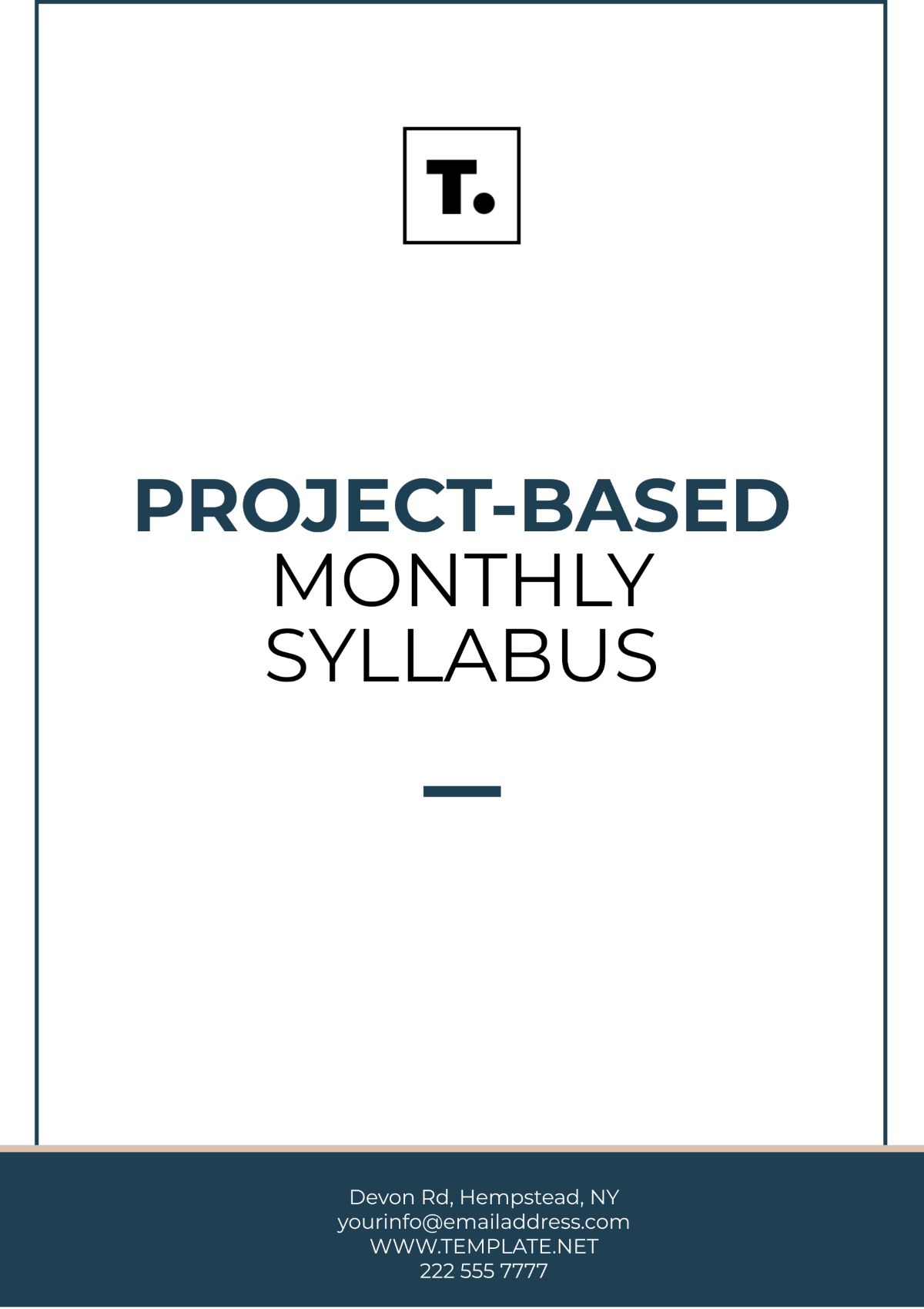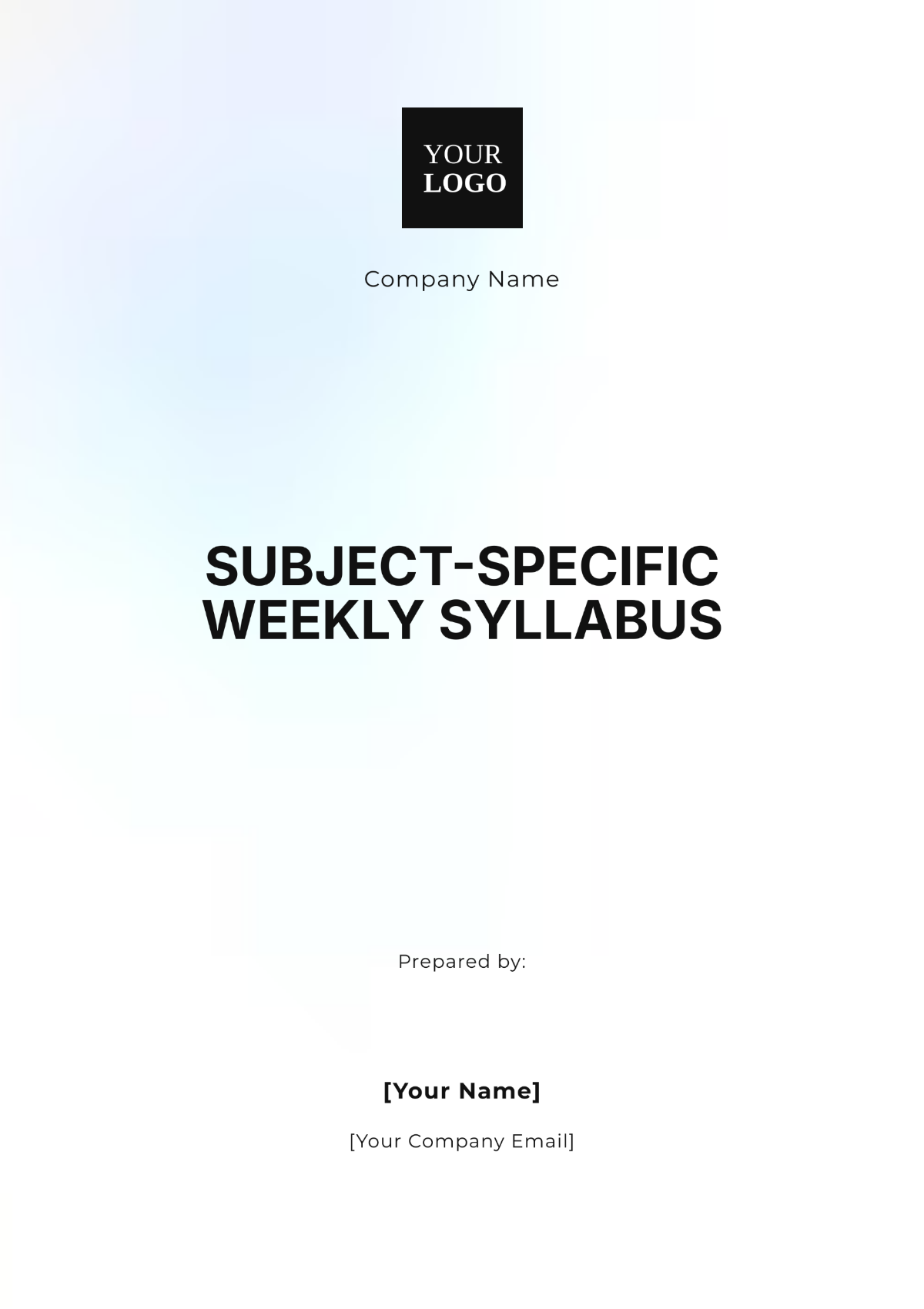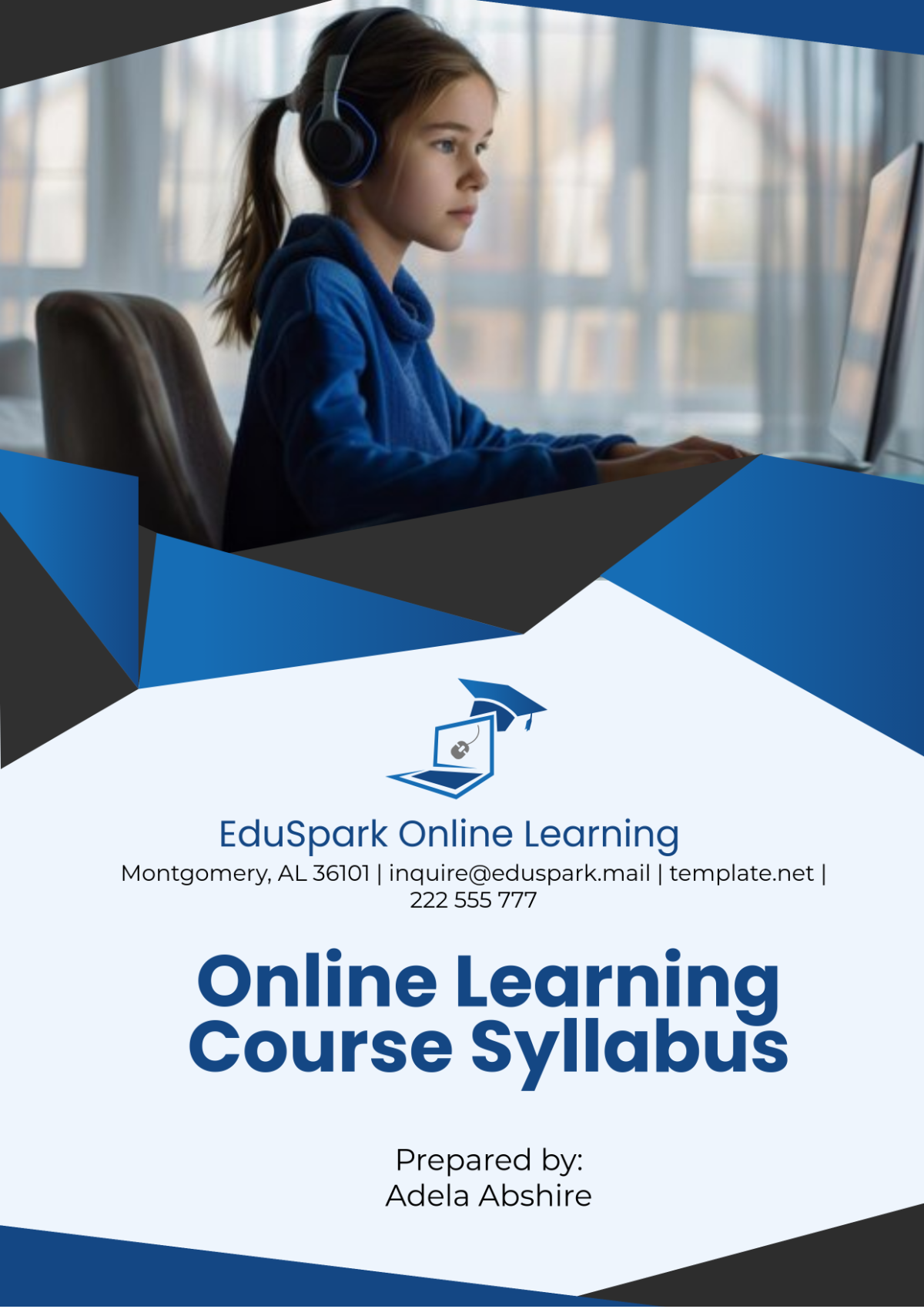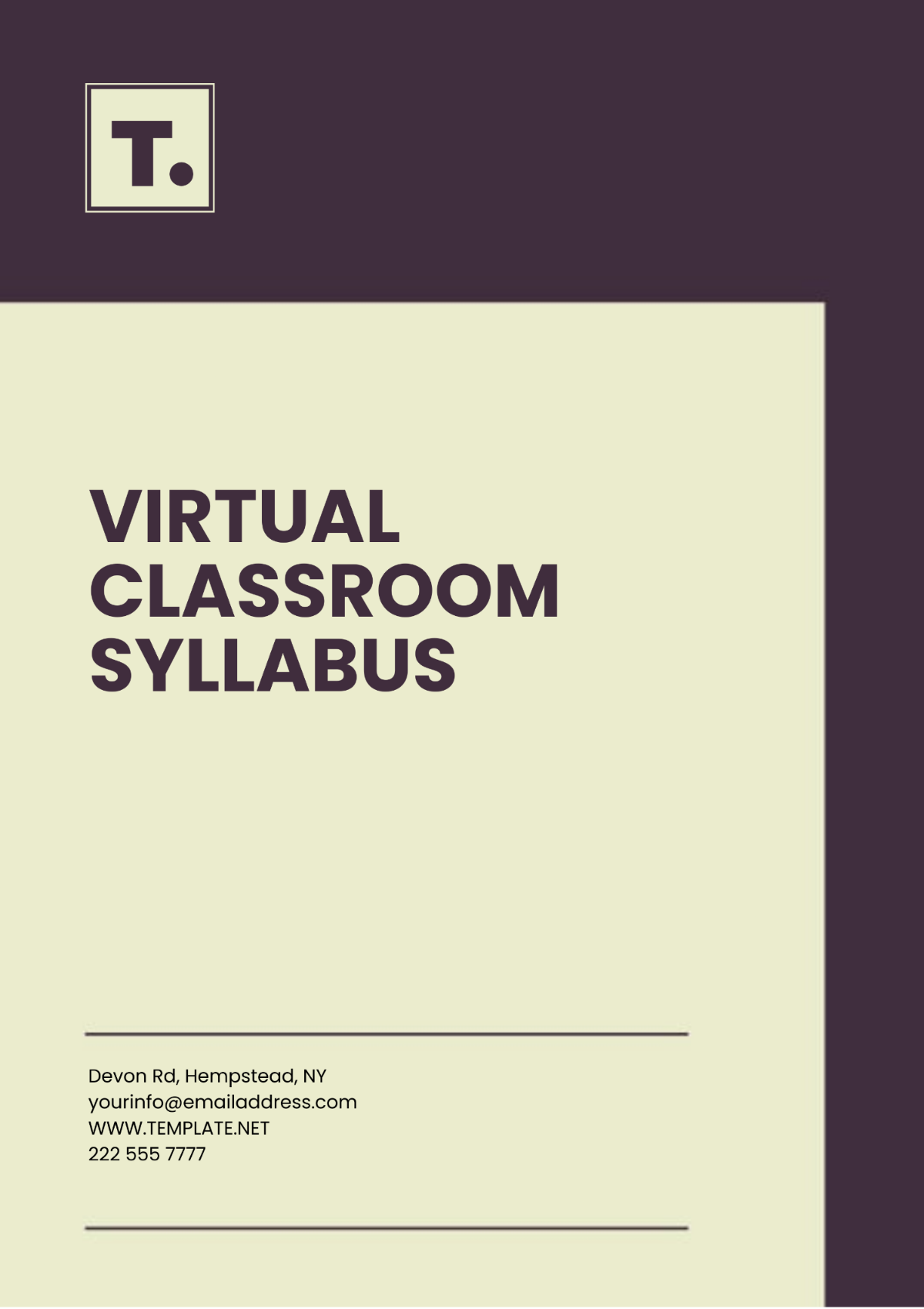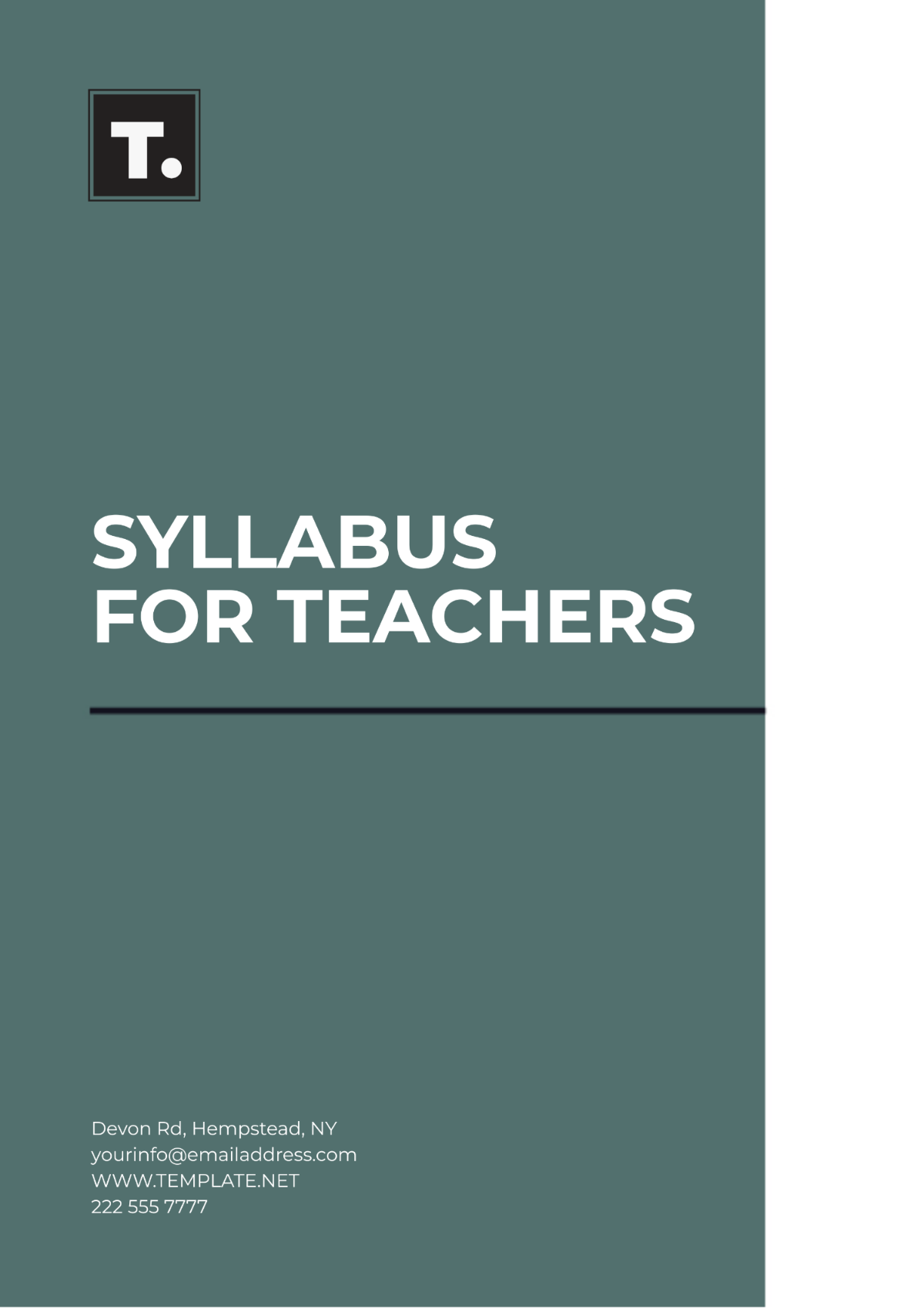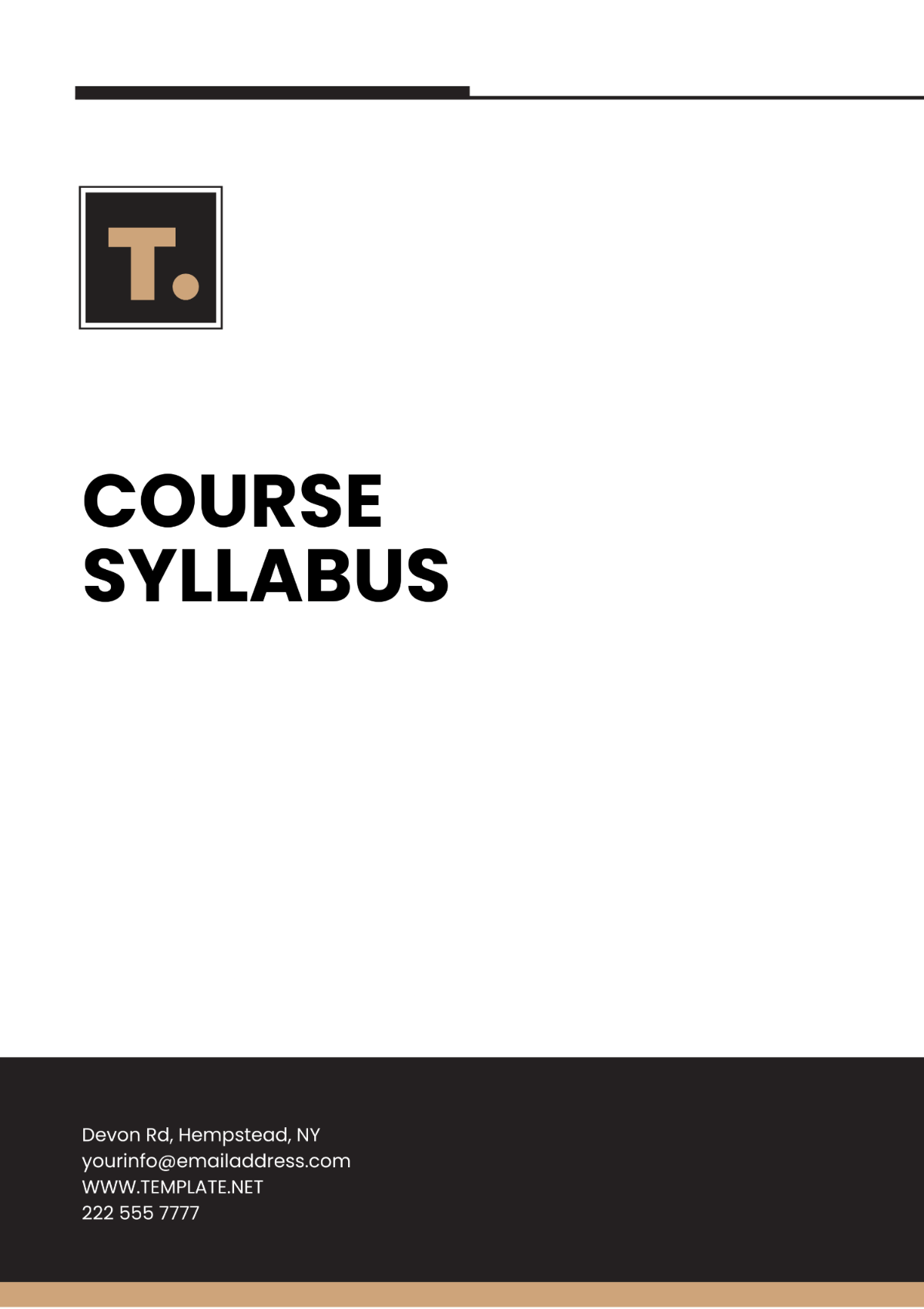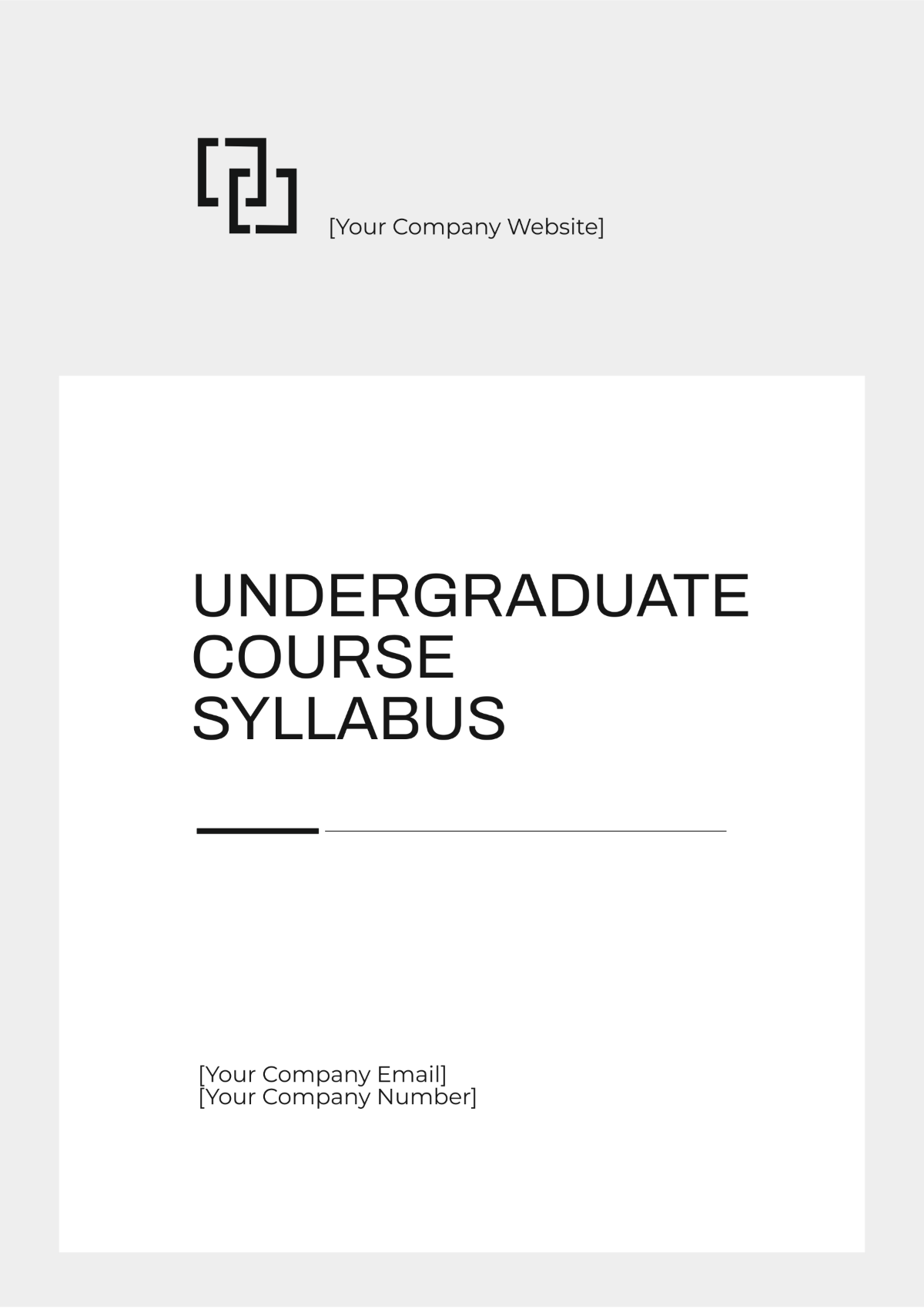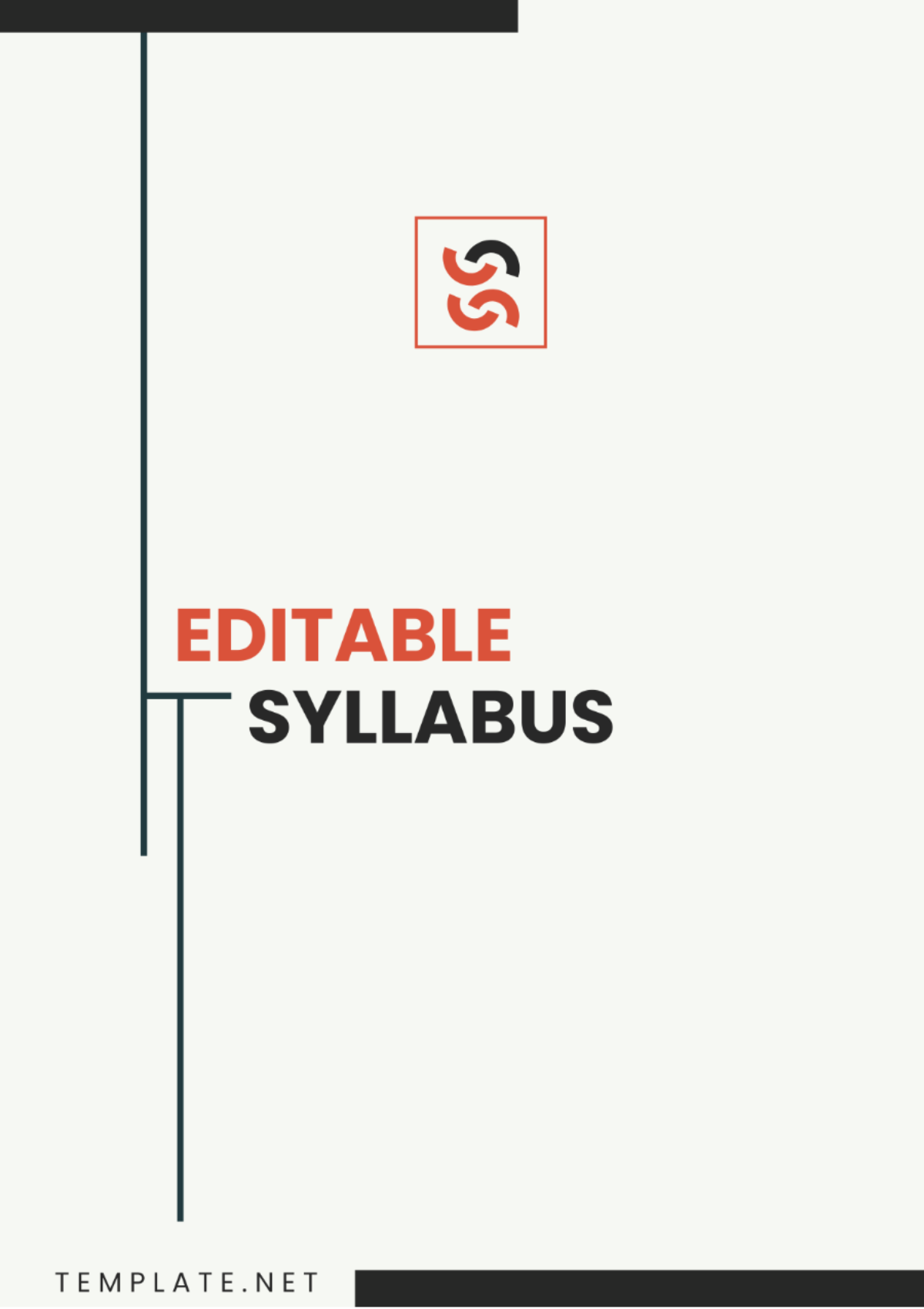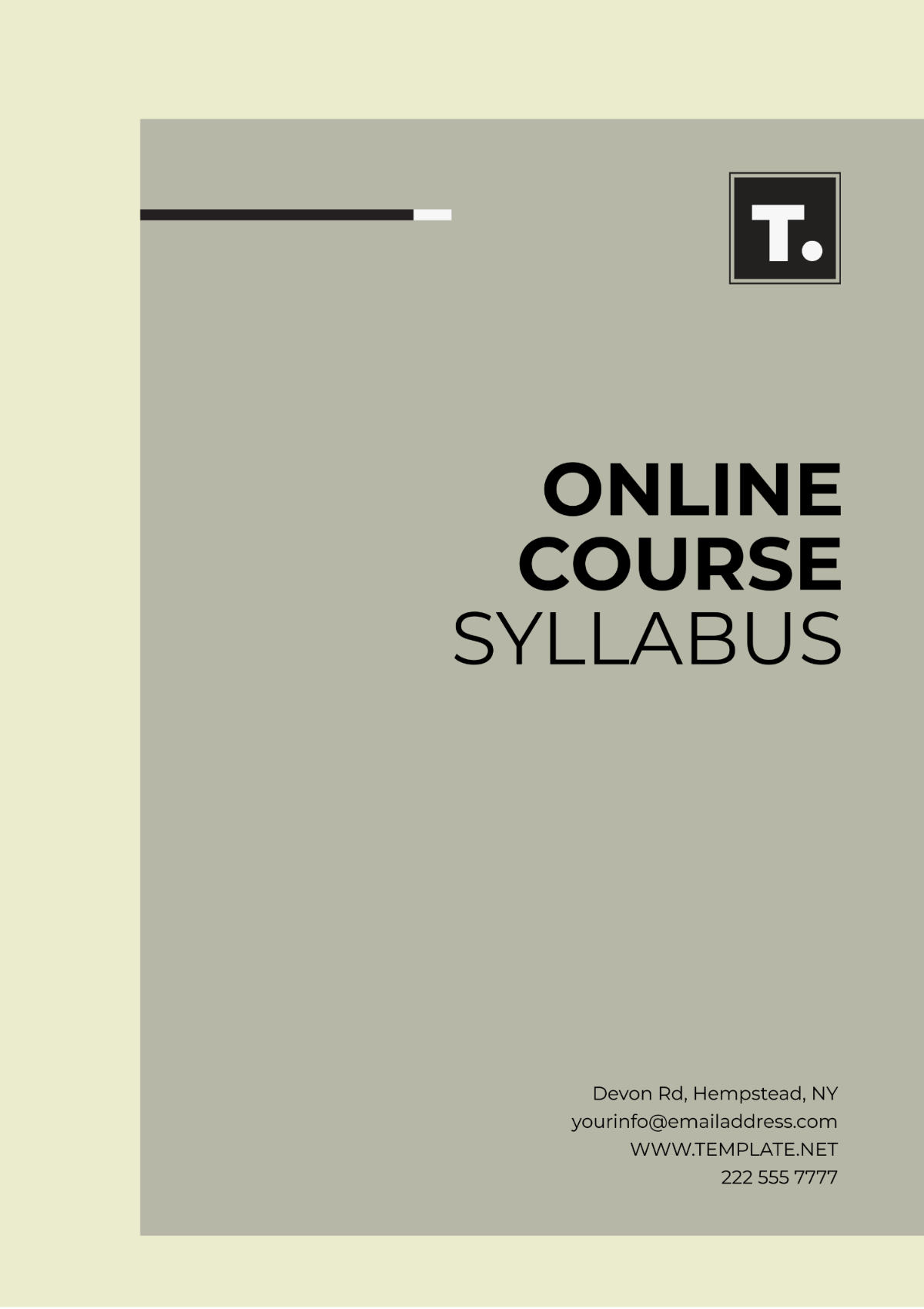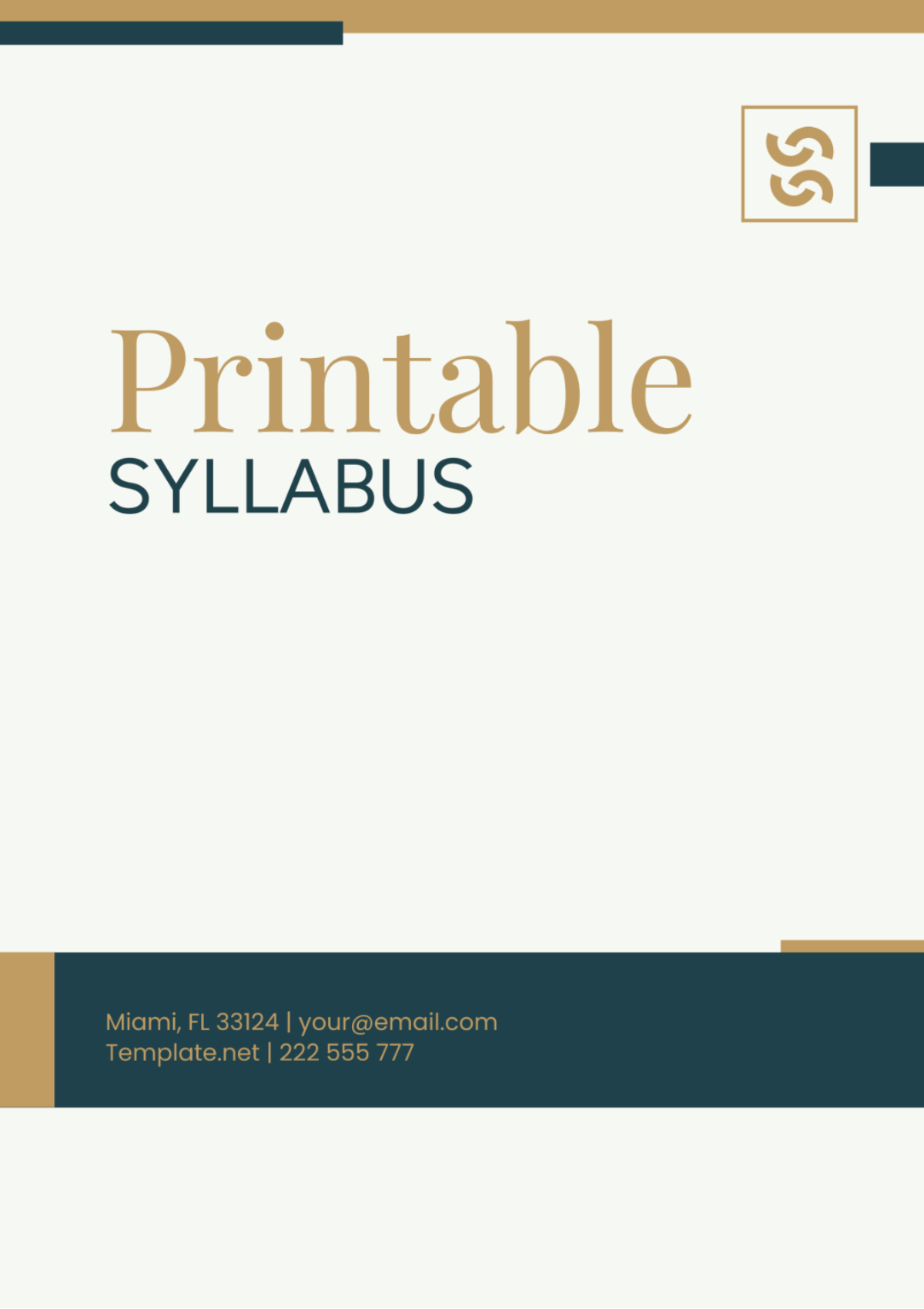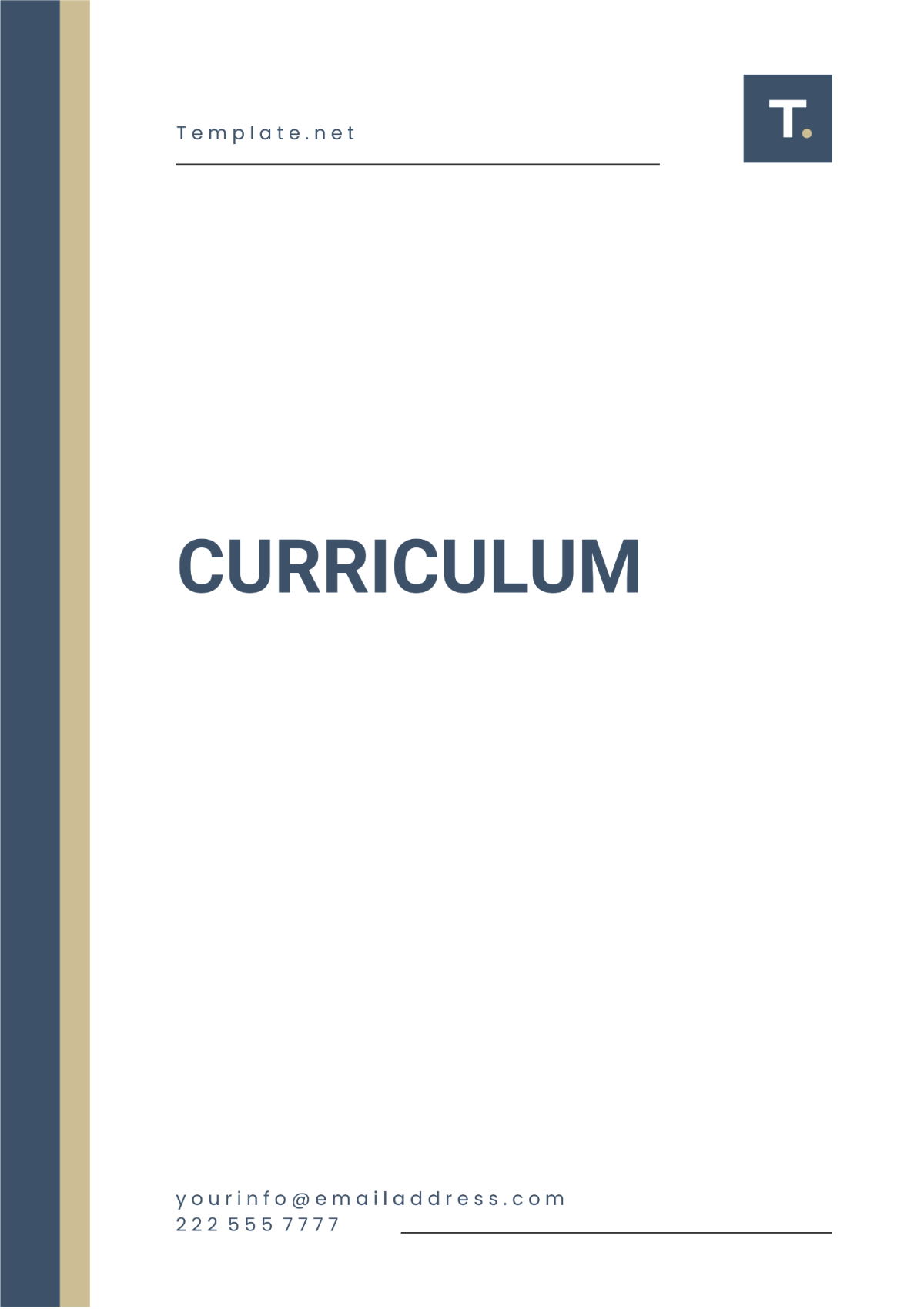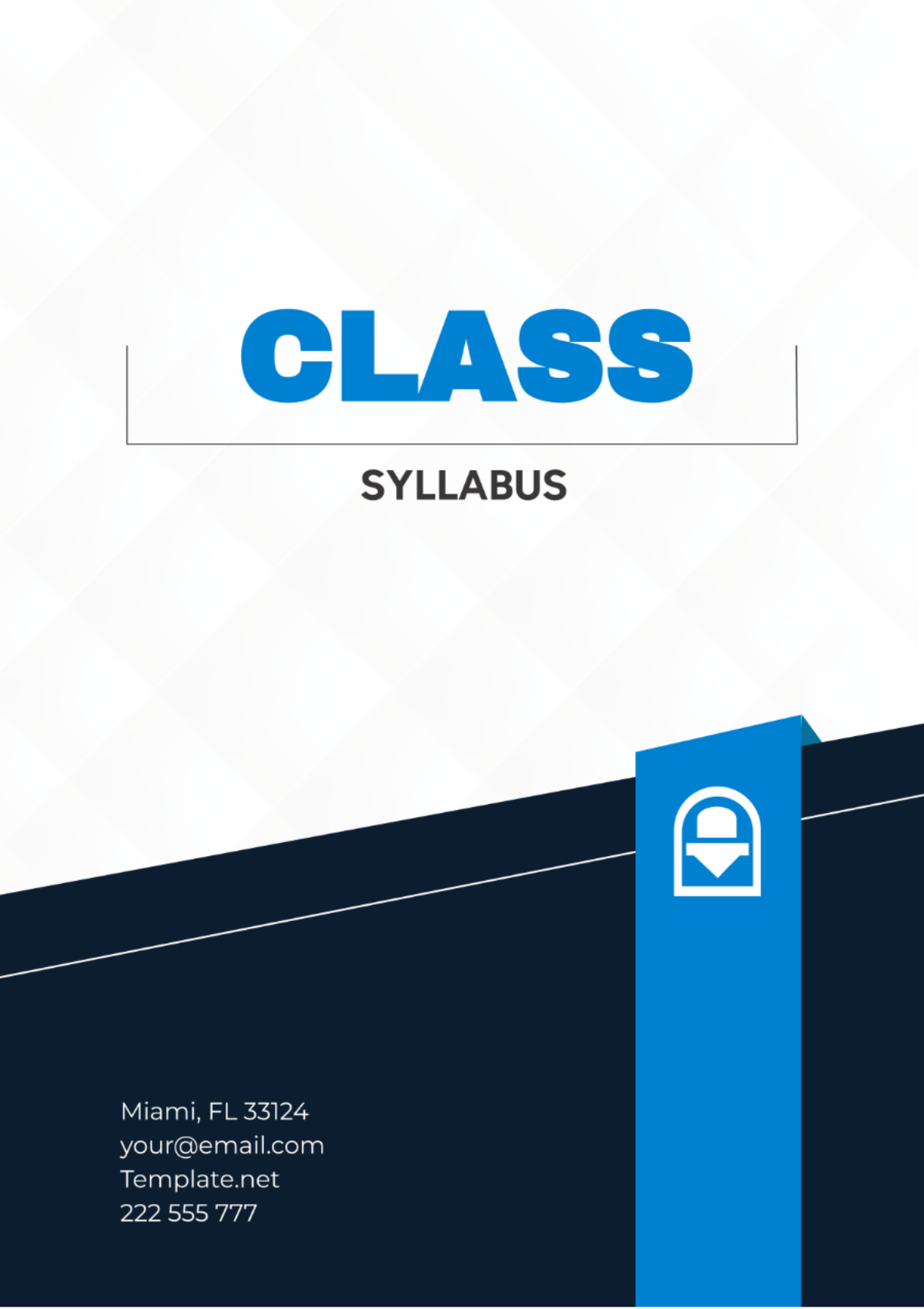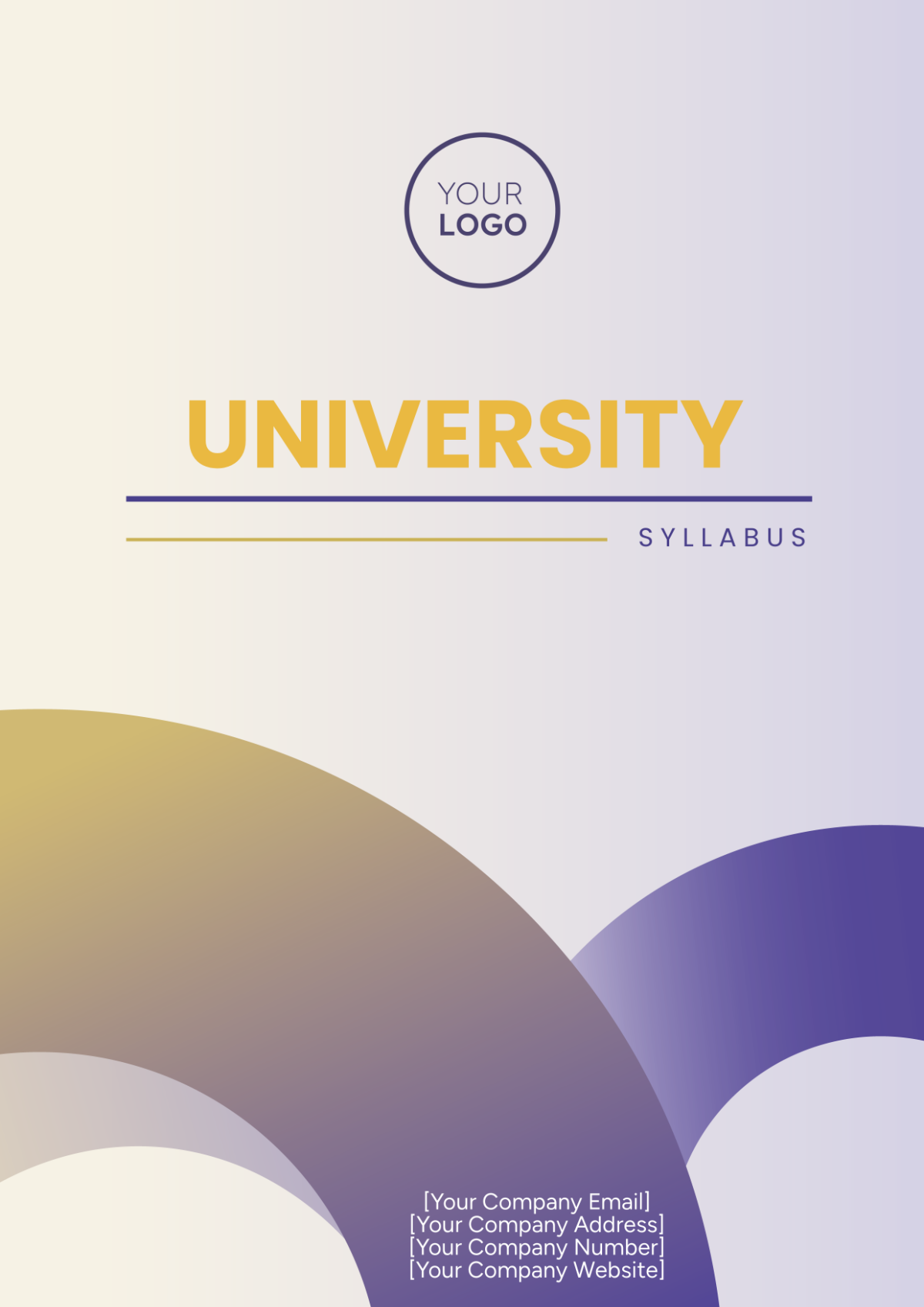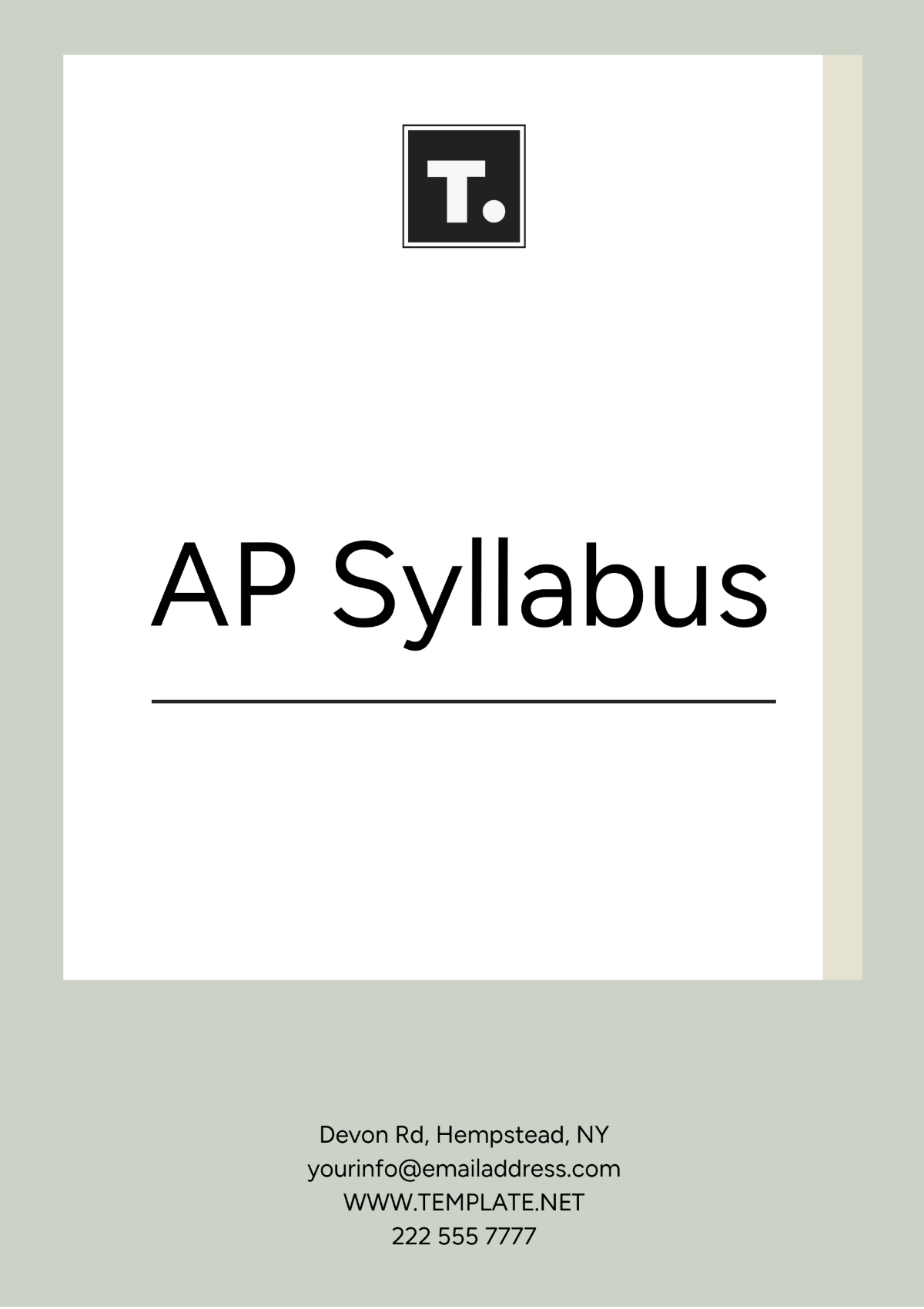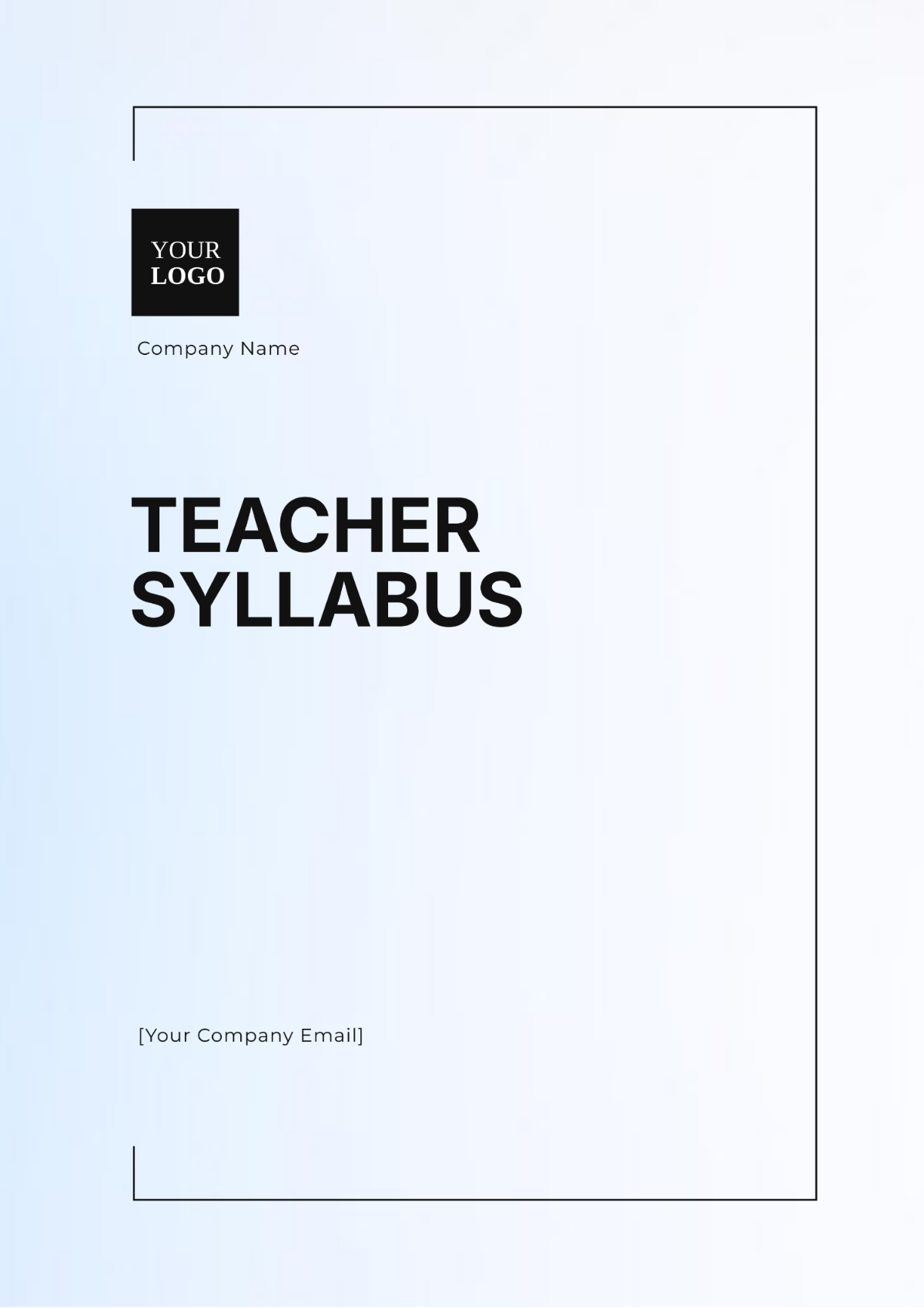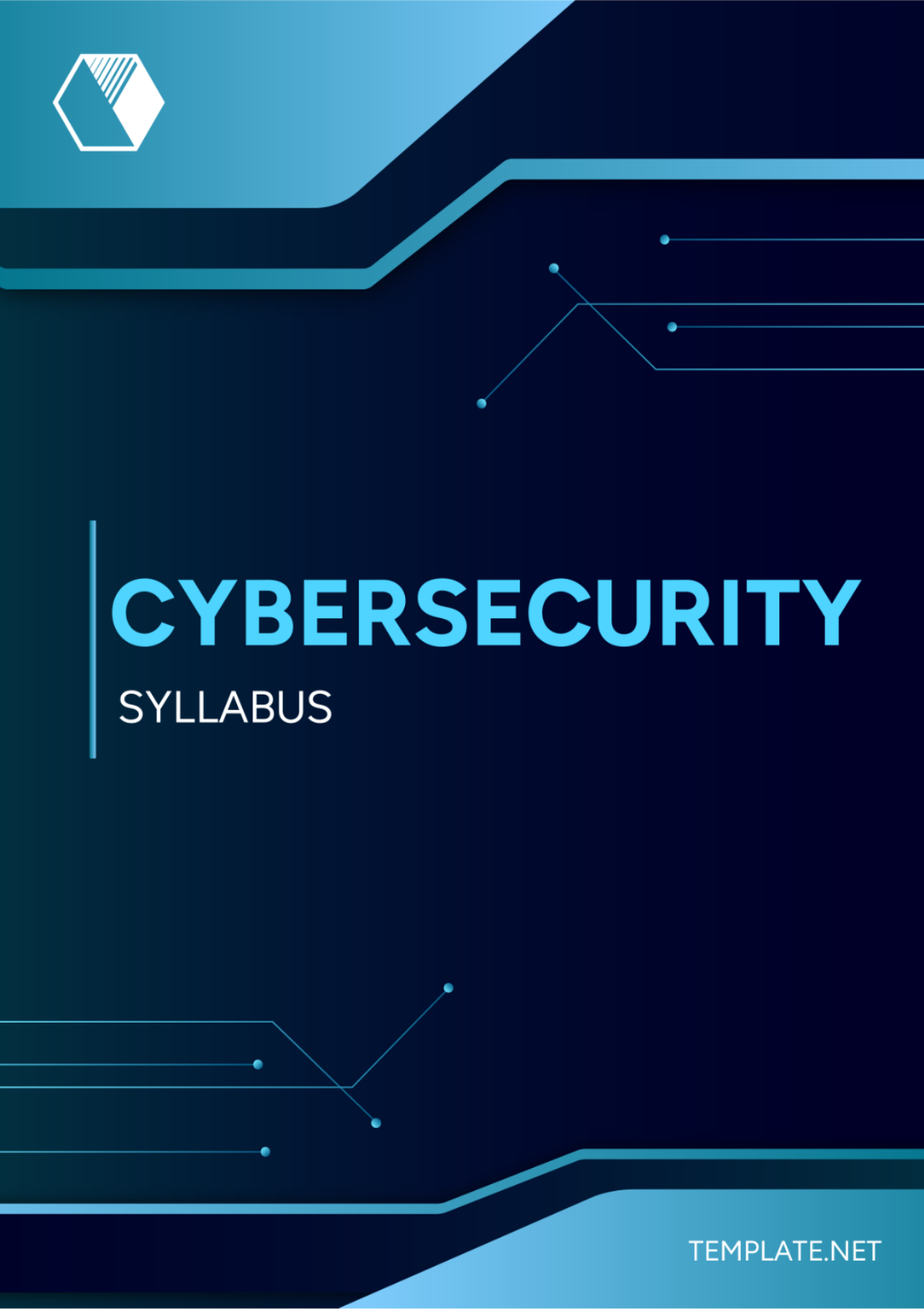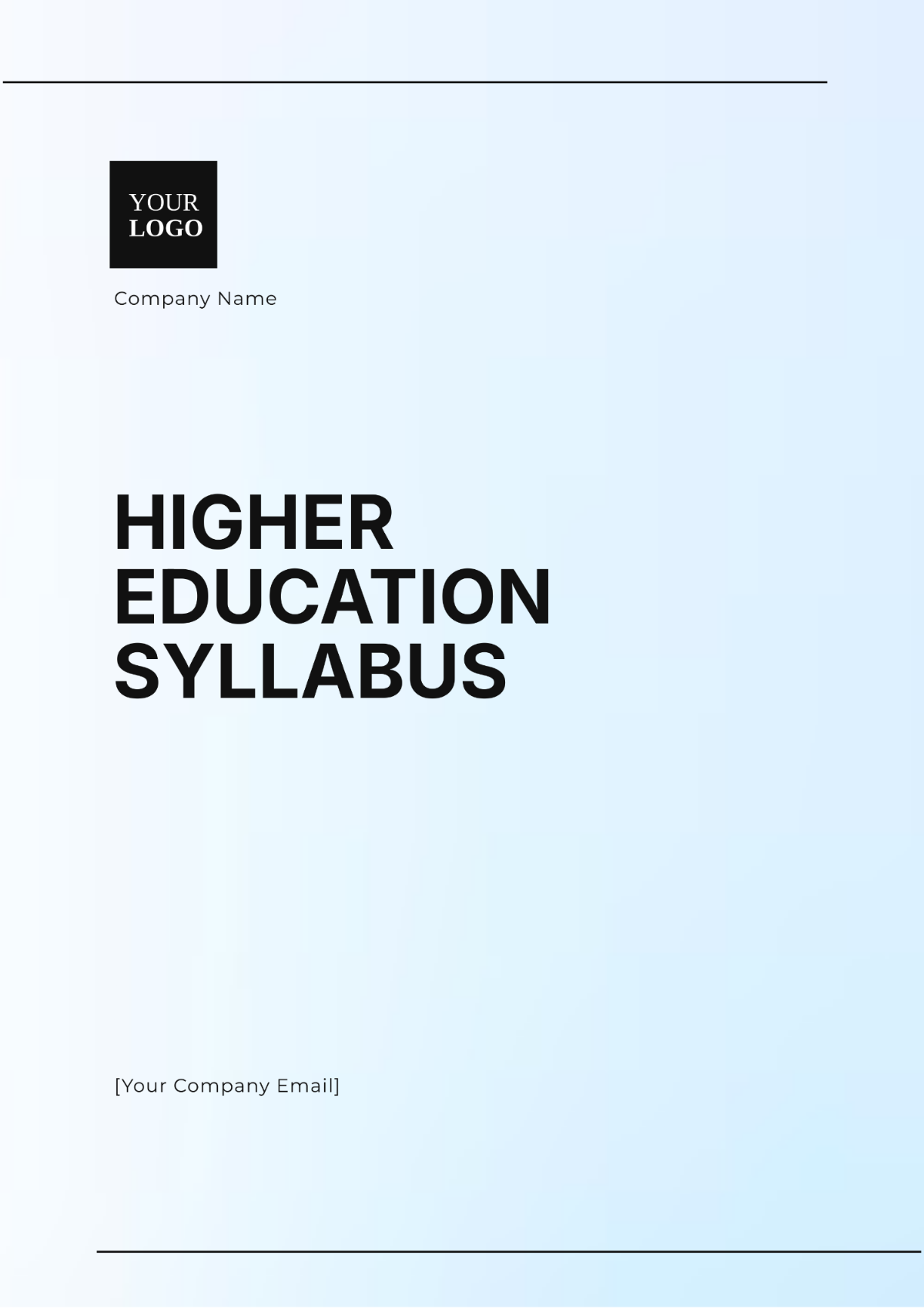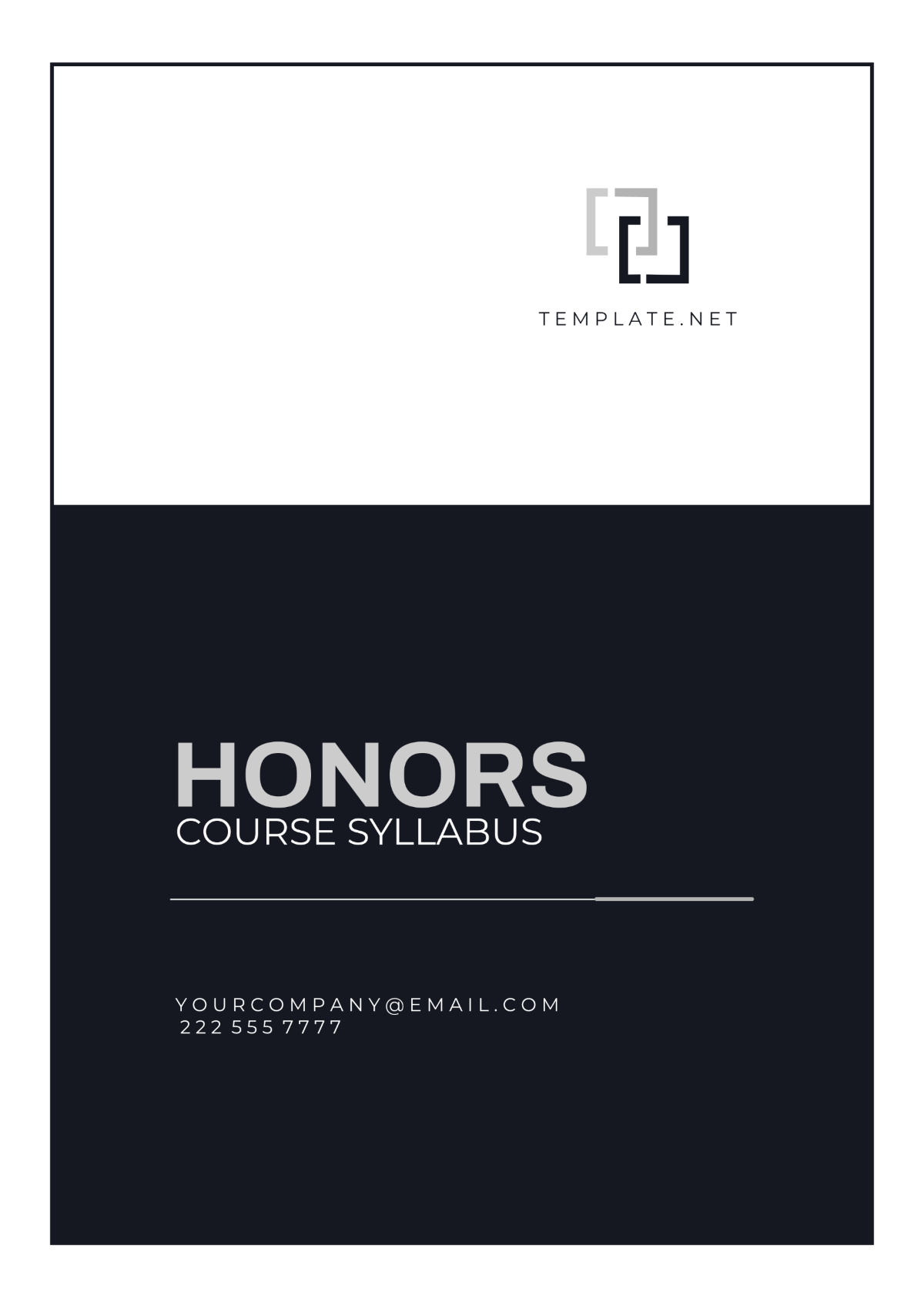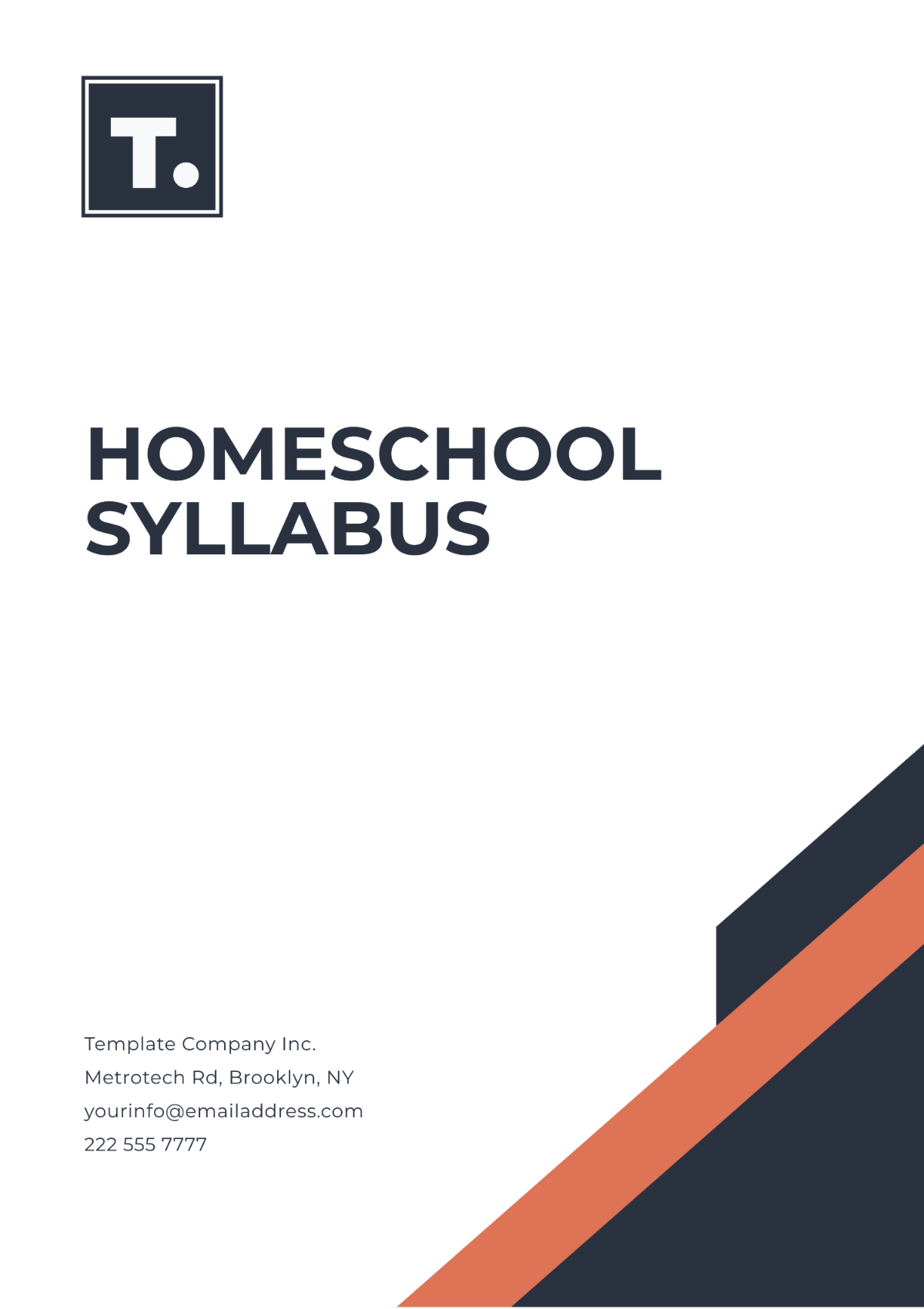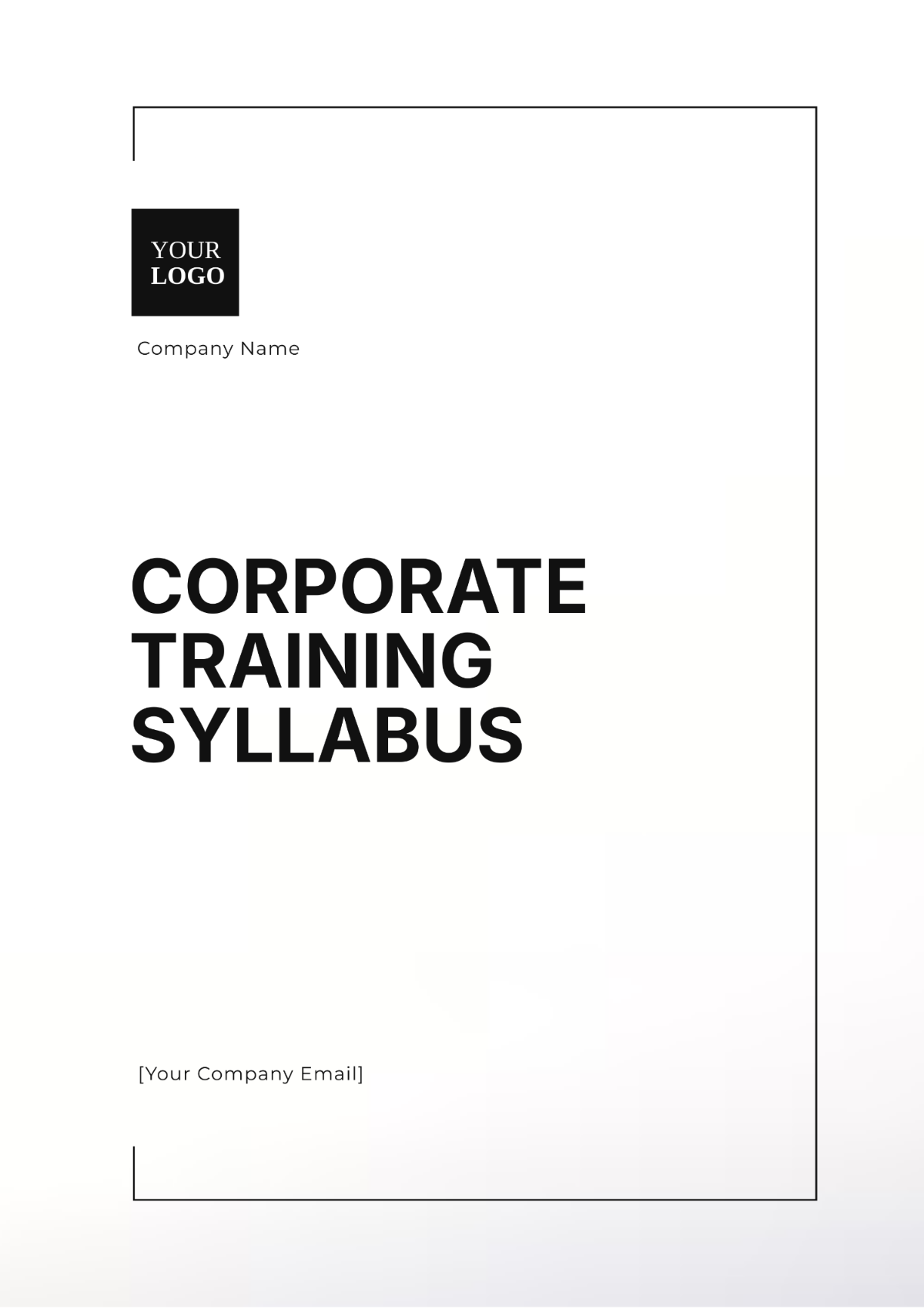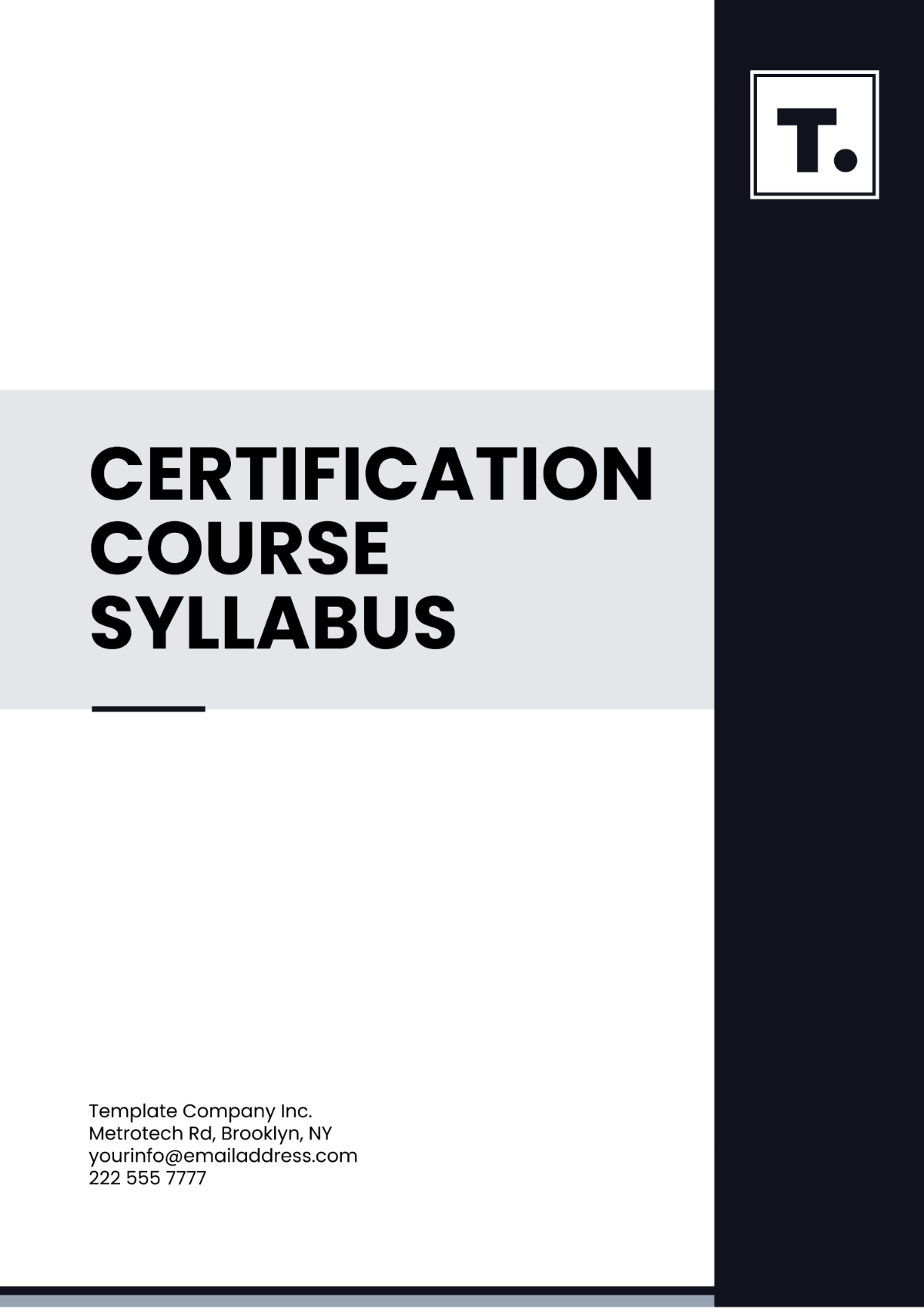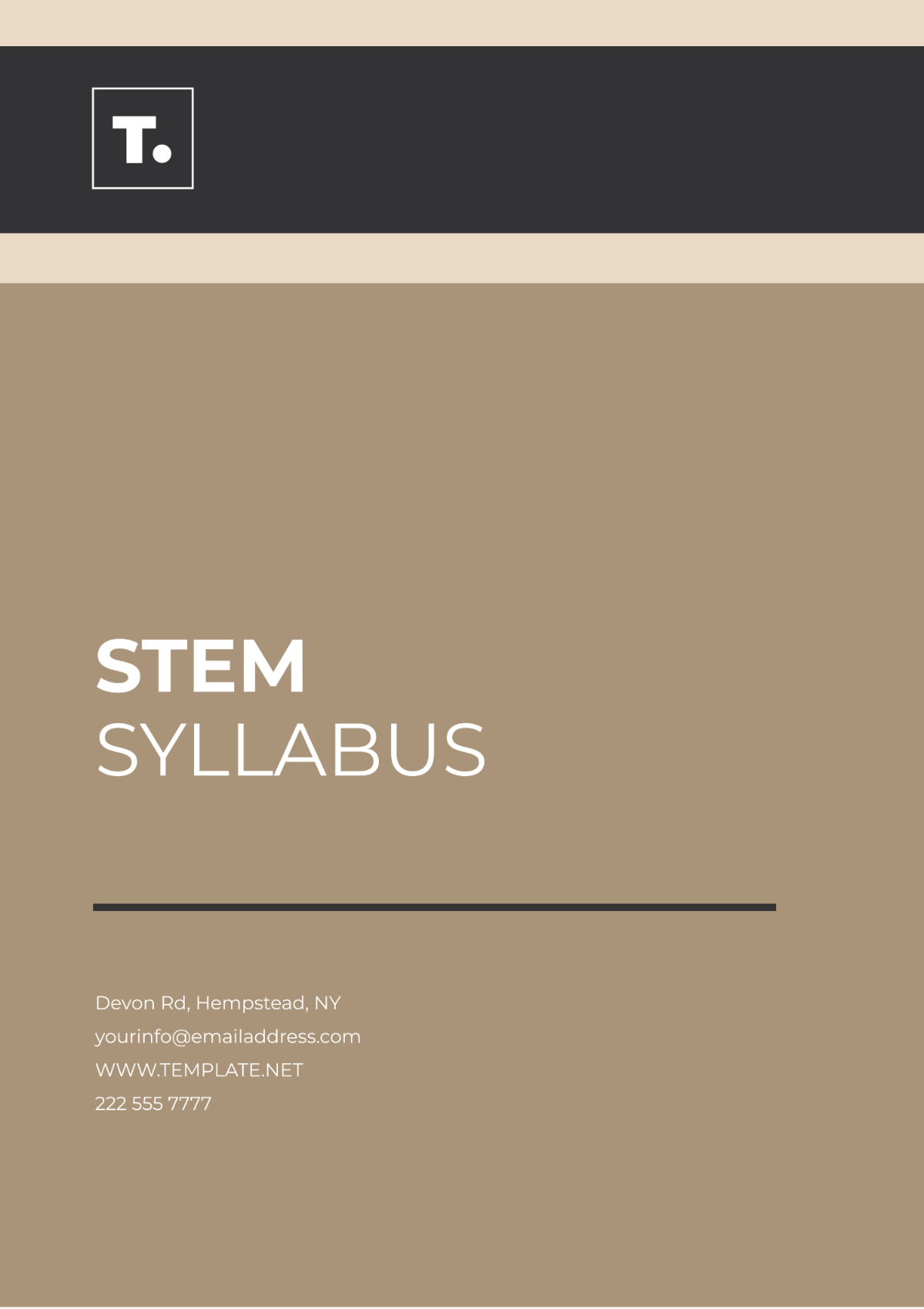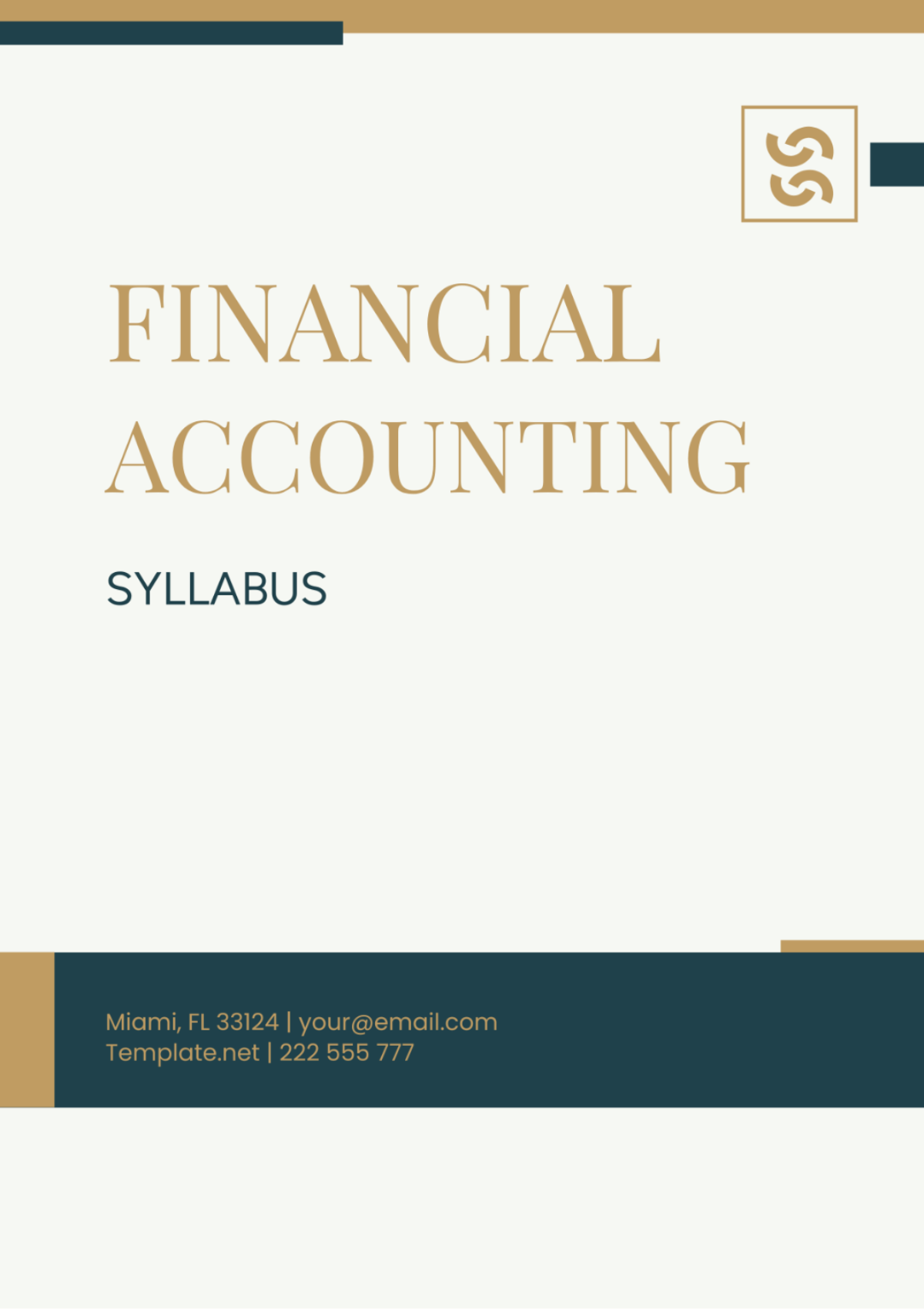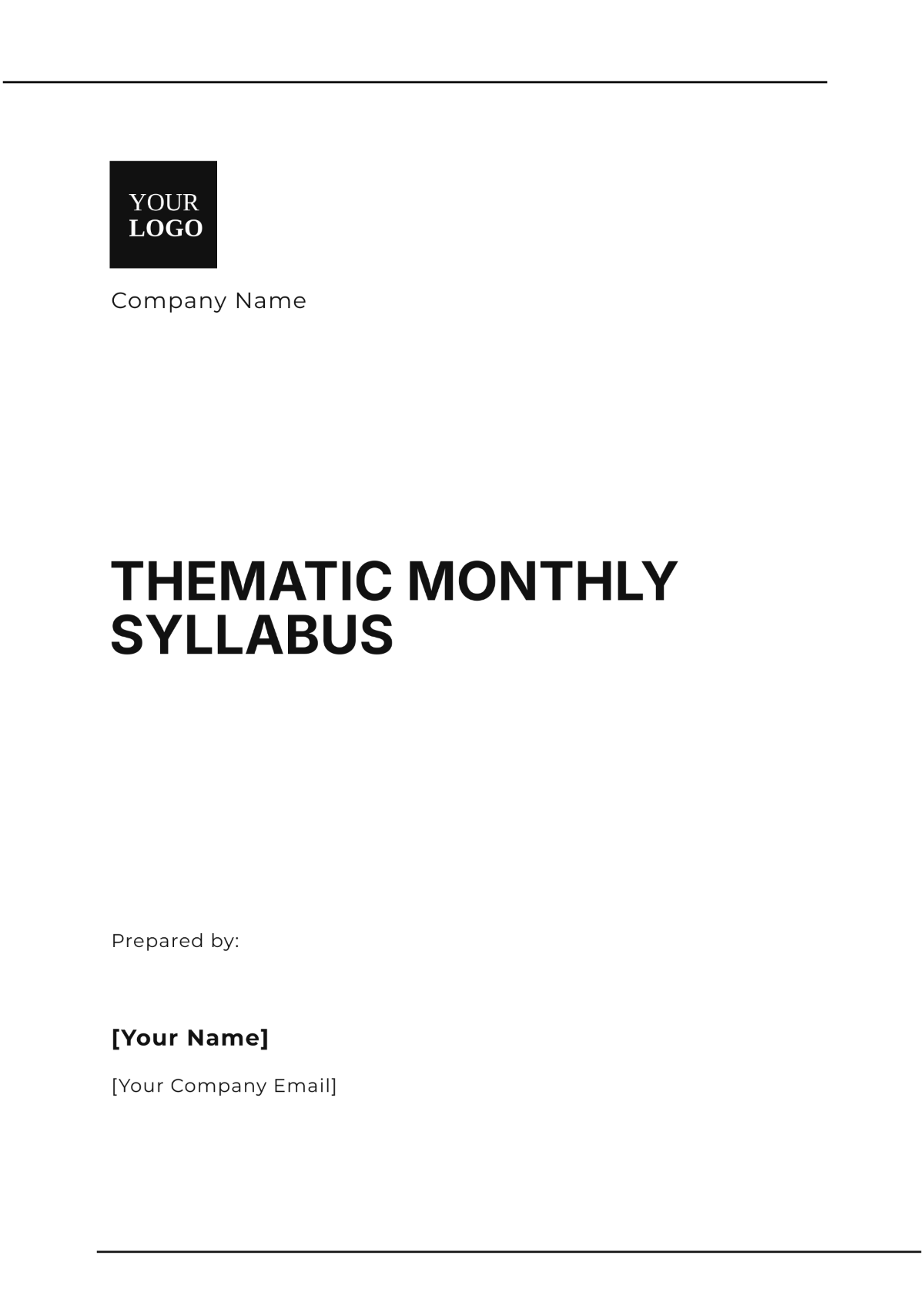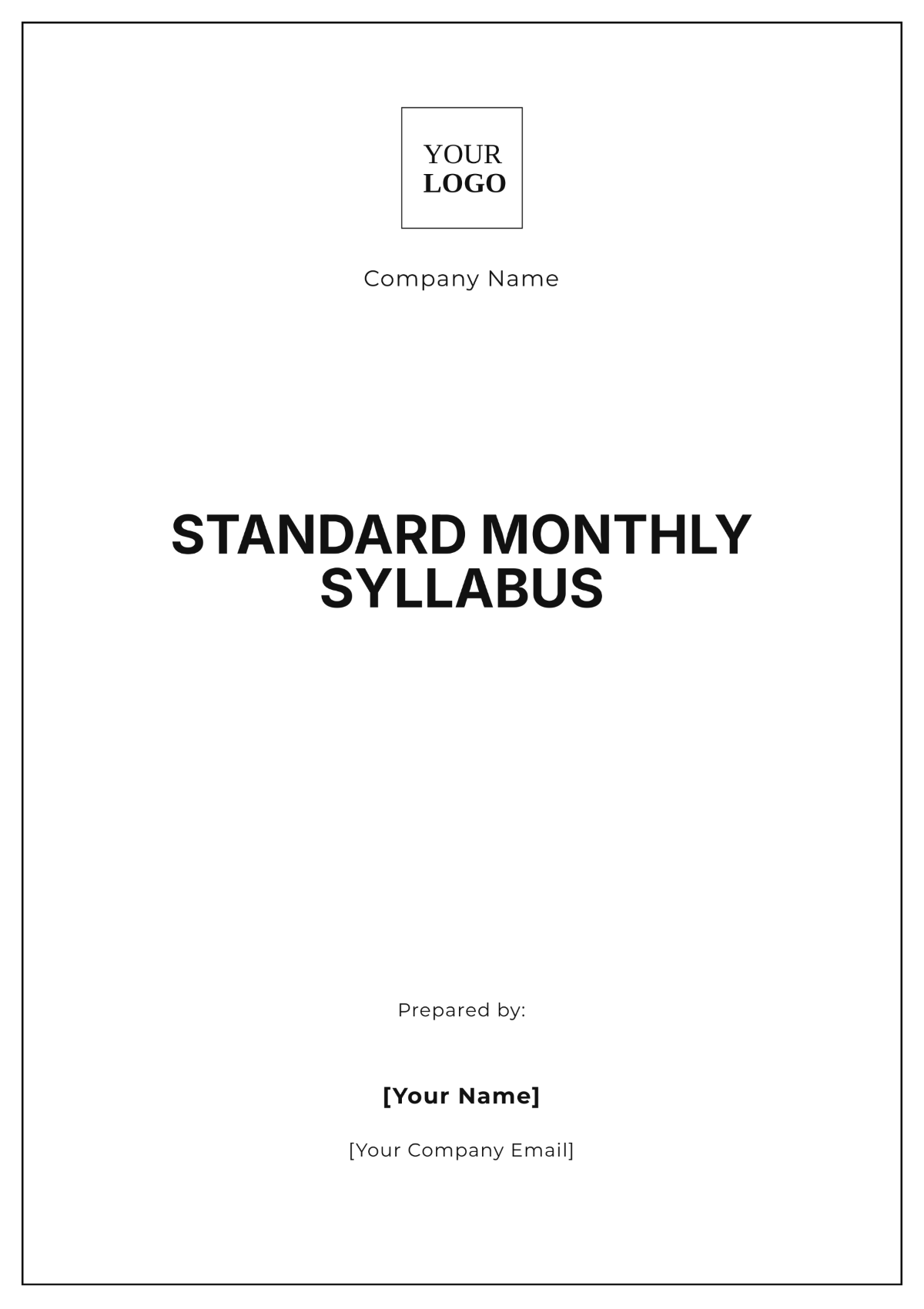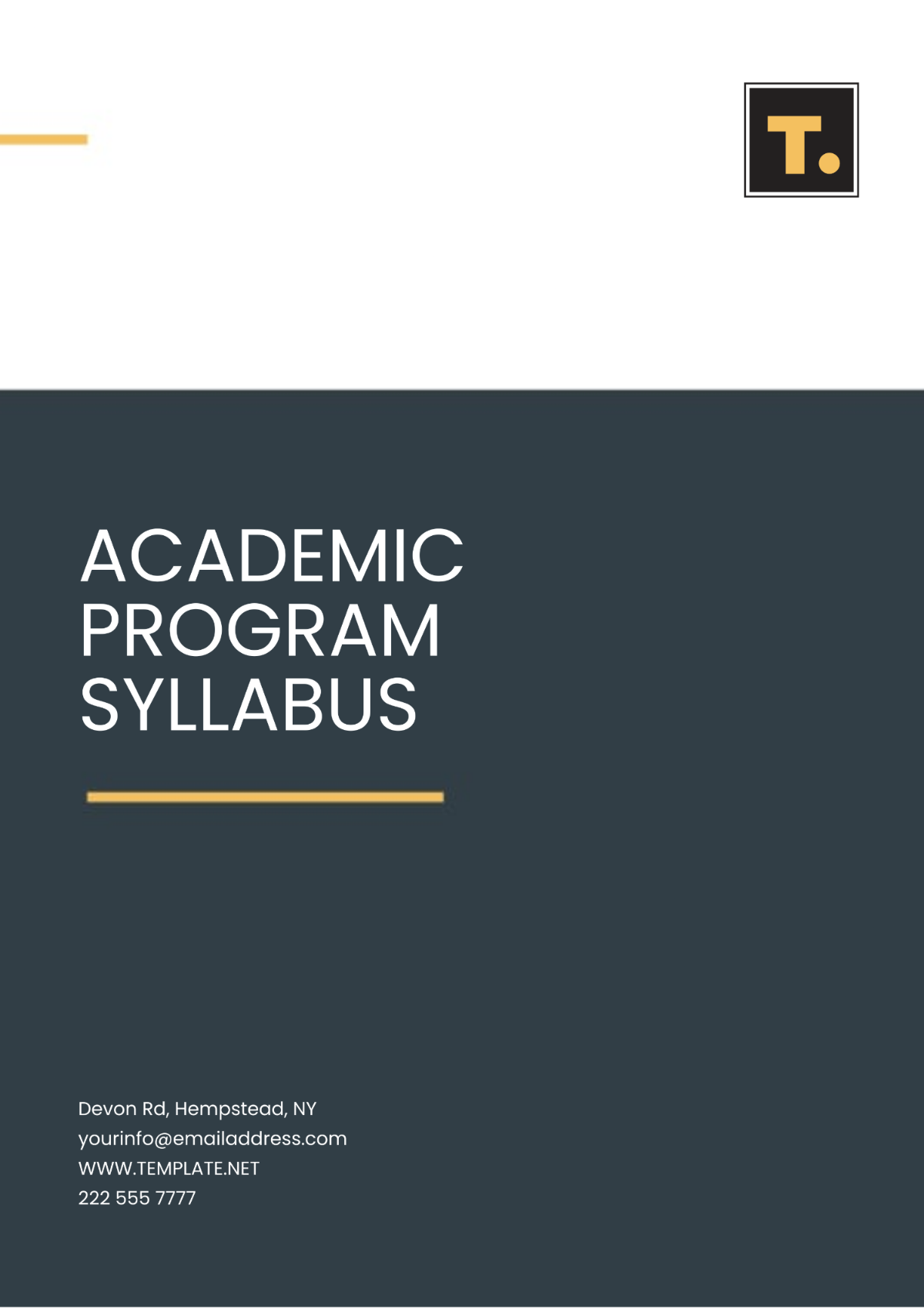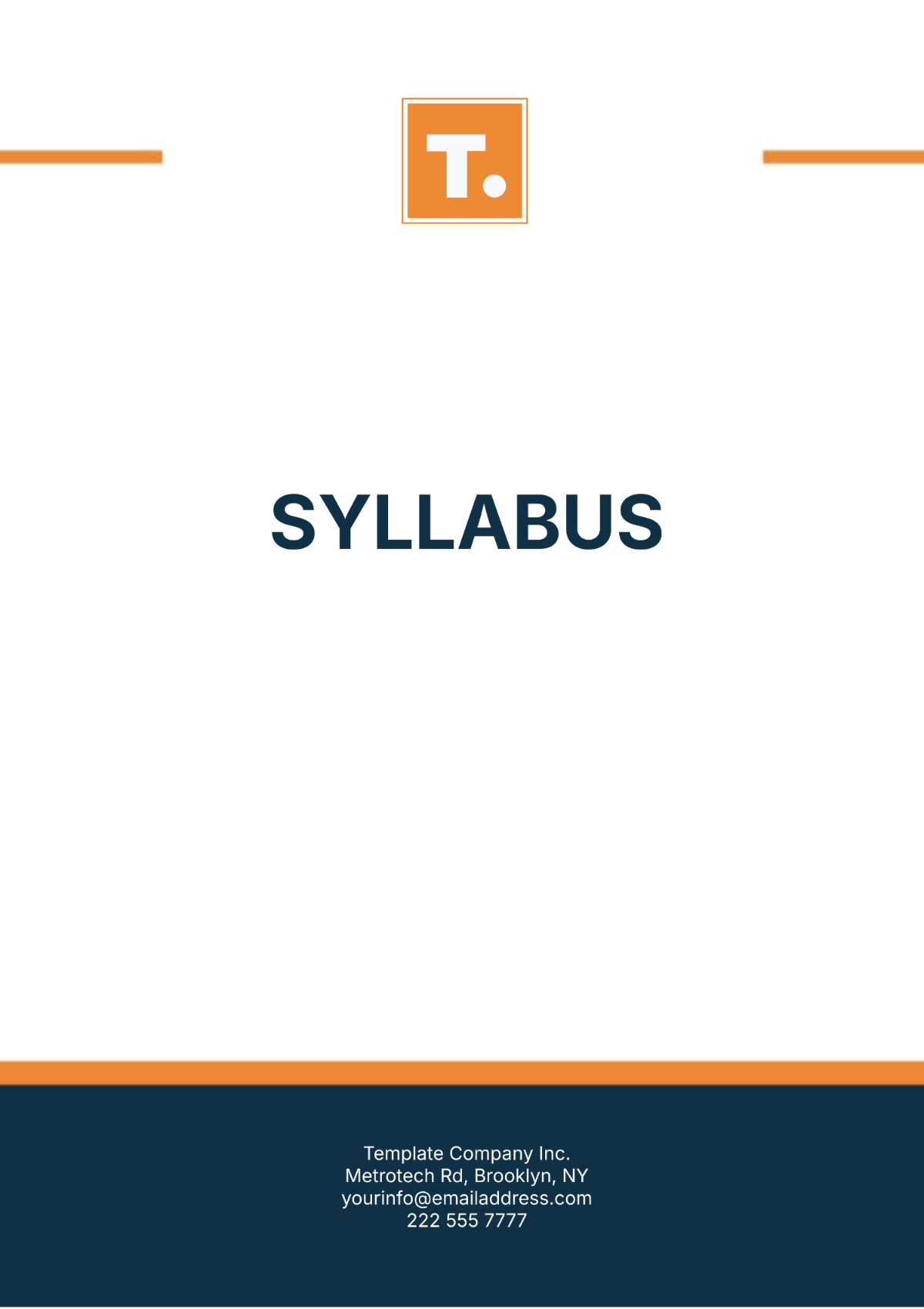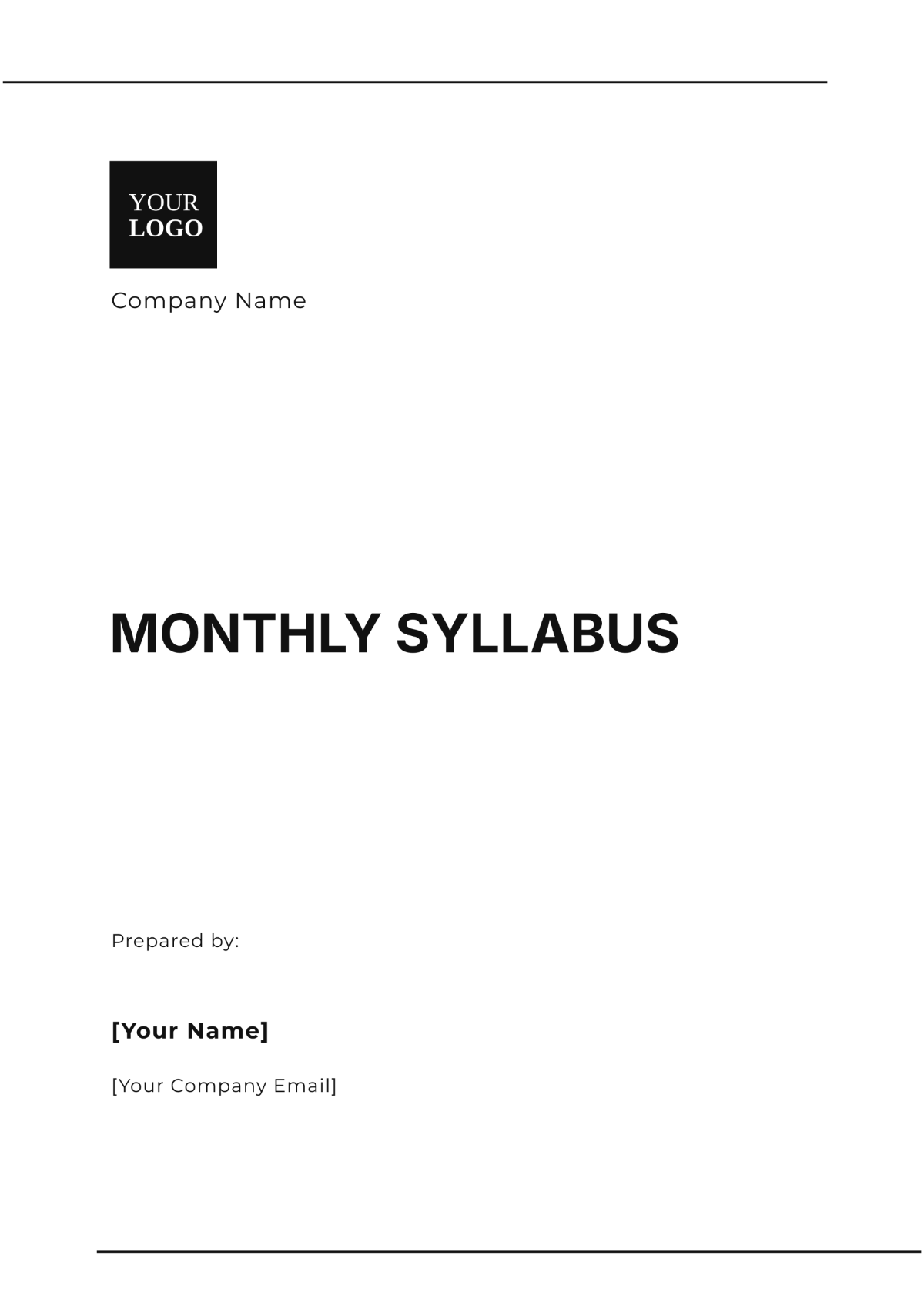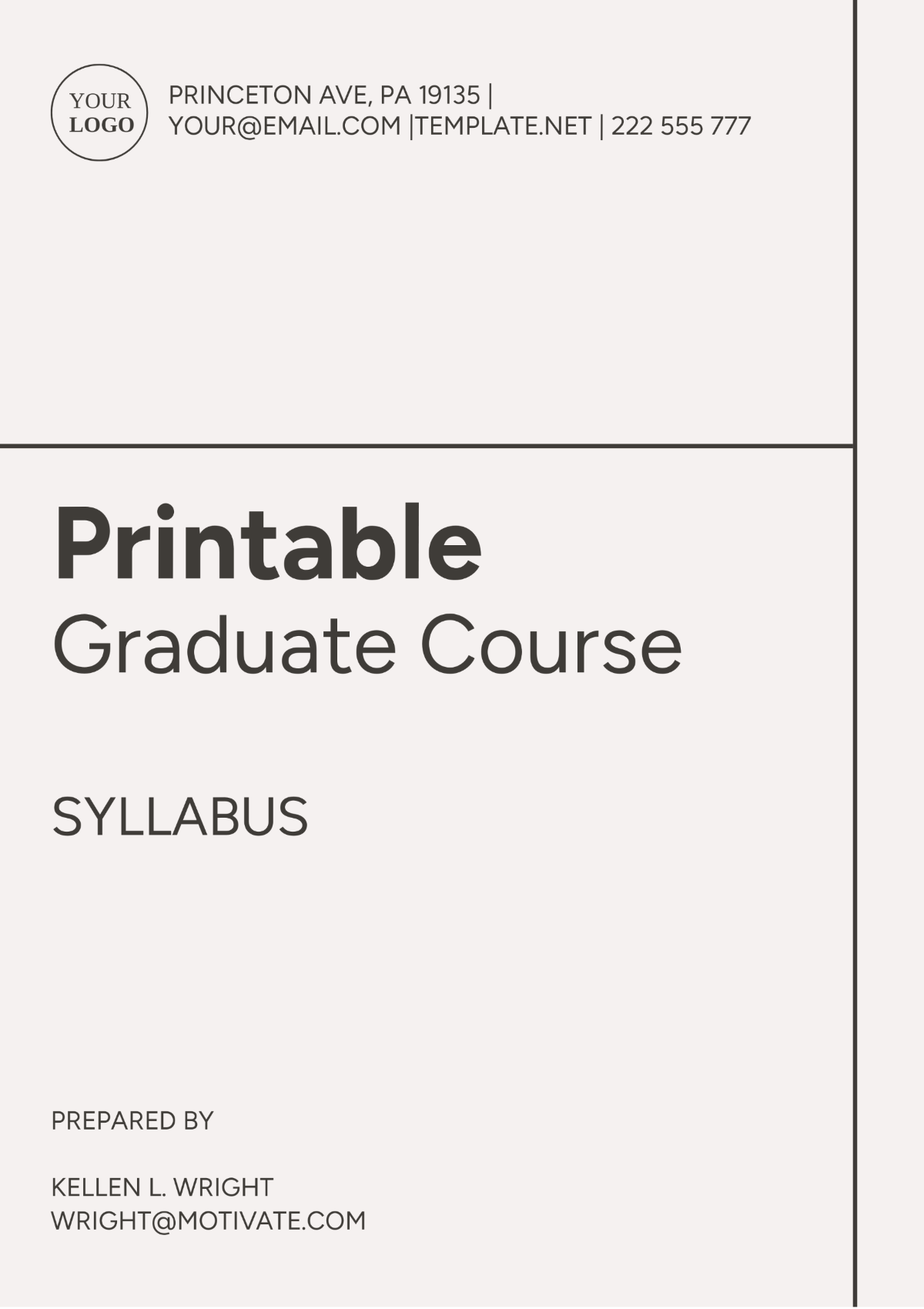Innovation Management Syllabus
Innovation Management Course
Course Code | [COURSE CODE] |
Instructor Name | [YOUR NAME] |
[YOUR EMAIL] | |
Office Hours | [OFFICE HOURS] |
Office Location | [OFFICE LOCATION] |
1. Course Description
This course dives deep into the principles and practices of fostering innovation within organizations. Learners will gain a comprehensive understanding of how to manage innovation effectively in various contexts, including product, process, marketing, and organizational innovation.
2. Instructor Information
Instructor's Name: [YOUR NAME]
Affiliation: [YOUR COMPANY NAME]
Contact Information: [YOUR EMAIL]
3. Learning Objectives
Understand the dynamics and types of innovation for improving business performance.
Develop strategies for fostering and managing innovation within an organizational context.
Explore various innovation tools and approaches suitable for different market contexts.
Assess organizational innovation capabilities and develop improvement plans.
Apply strategic thinking to manage innovation project portfolio effectively.
4. Course Schedule
Week | Topic | Materials |
|---|---|---|
1 | Introduction to Innovation | Chapter 1: Innovation Management
|
2 | Fostering Innovation | Chapter 2: The Innovation Sandbox
|
3 | The Innovation Process | Chapter 3: Idea Generation and Selection
|
4 | Organizational Culture and Innovation | Chapter 4: Building an Innovative Culture
|
5 | Leadership in Innovation | Chapter 5: Leading Innovation
|
6 | Open Innovation | Chapter 6: Collaborating for Innovation
|
5. Required Reading and Materials
Textbook: Managing Innovation by Joe Tidd and John Bessant
Case Studies in Innovation Management from Harvard Business Review
Ted Talks on Innovation (List provided in course materials)
The Art of Innovation by Tim Brown
The Innovators' Solution by Clayton M. Christensen and Michael E. Raynor
6. Additional Readings:
Christensen, C. M. (2013). The Innovator's Dilemma: When New Technologies Cause Great Firms to Fail. Harvard Business Review Press.
Brown, T. (2009). Change by Design: How Design Thinking Transforms Organizations and Inspires Innovation. HarperCollins Publishers.
West, M. A. (2002). Sparkling Fountains or Stagnant Ponds: An Integrative Model of Creativity and Innovation Implementation in Work Groups. Applied Psychology, 51(3), 355-387.
7. Assignments and Assessments
Weekly Reflections: Learners will submit reflections on the weekly reading assignments.
Case Study Analysis: Analyze and present on selected innovation management case studies.
Group Project: Develop an innovative solution for a real-world business challenge.
Midterm Exam: A written exam covering all materials from the first half of the course.
Final Project: A comprehensive innovation management strategy for a selected organization.
8. Course Policies
Students should be prepared to actively participate in all course activities.
All assignments should be submitted by the stated deadline. Late submissions will have points deducted.
Academic honesty will be strictly enforced. Plagiarism will not be tolerated.
Respect for fellow students and the instructor is mandatory.
Any accommodations for disabilities must be disclosed at the start of the course.
9. Grading Policy
Category | Percentage |
|---|---|
Class participation | 20% |
Weekly reflections | 20% |
Case study analysis | 20% |
Midterm examination | 20% |
Final project | 20% |
10. Disclaimer
In this particular course, it is important to know that the schedule as well as the procedure have been designed with flexibility in mind, meaning they are subject to change should any extenuating circumstances occur. This is a contingency plan put in place to guarantee the smooth running of the course, regardless of unforeseen events. Furthermore, the instructor has been given full authority to make necessary modifications to the syllabus whenever deemed essential. This is to ensure that all the objectives and goals outlined for this course are met to the best of our ability and to provide the most beneficial learning experience to the students.
